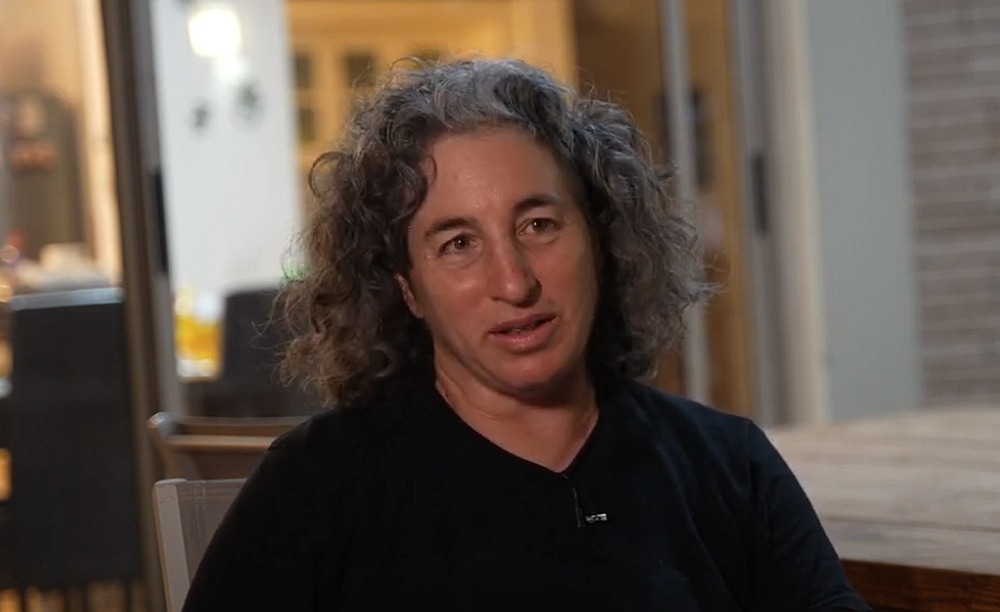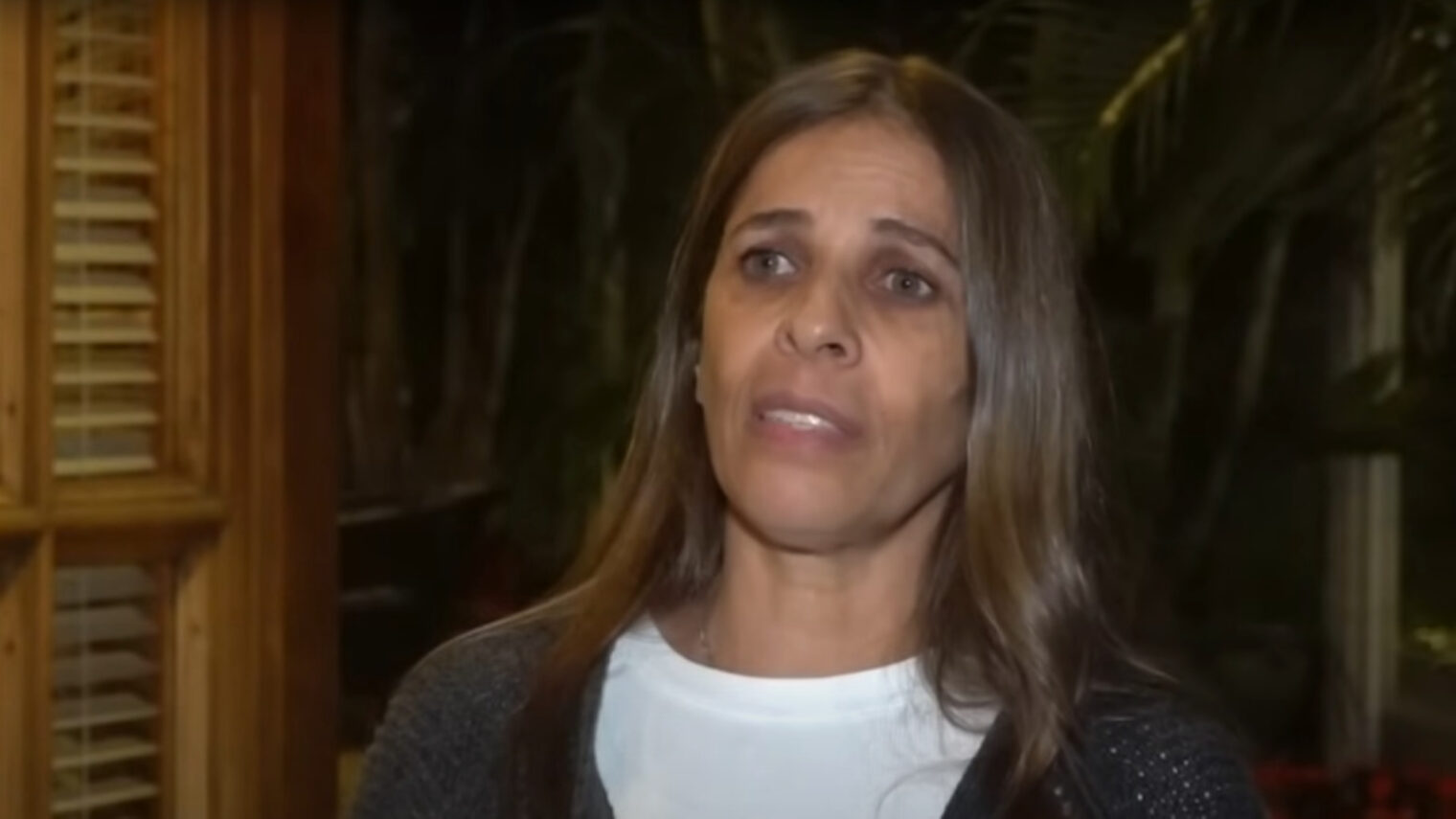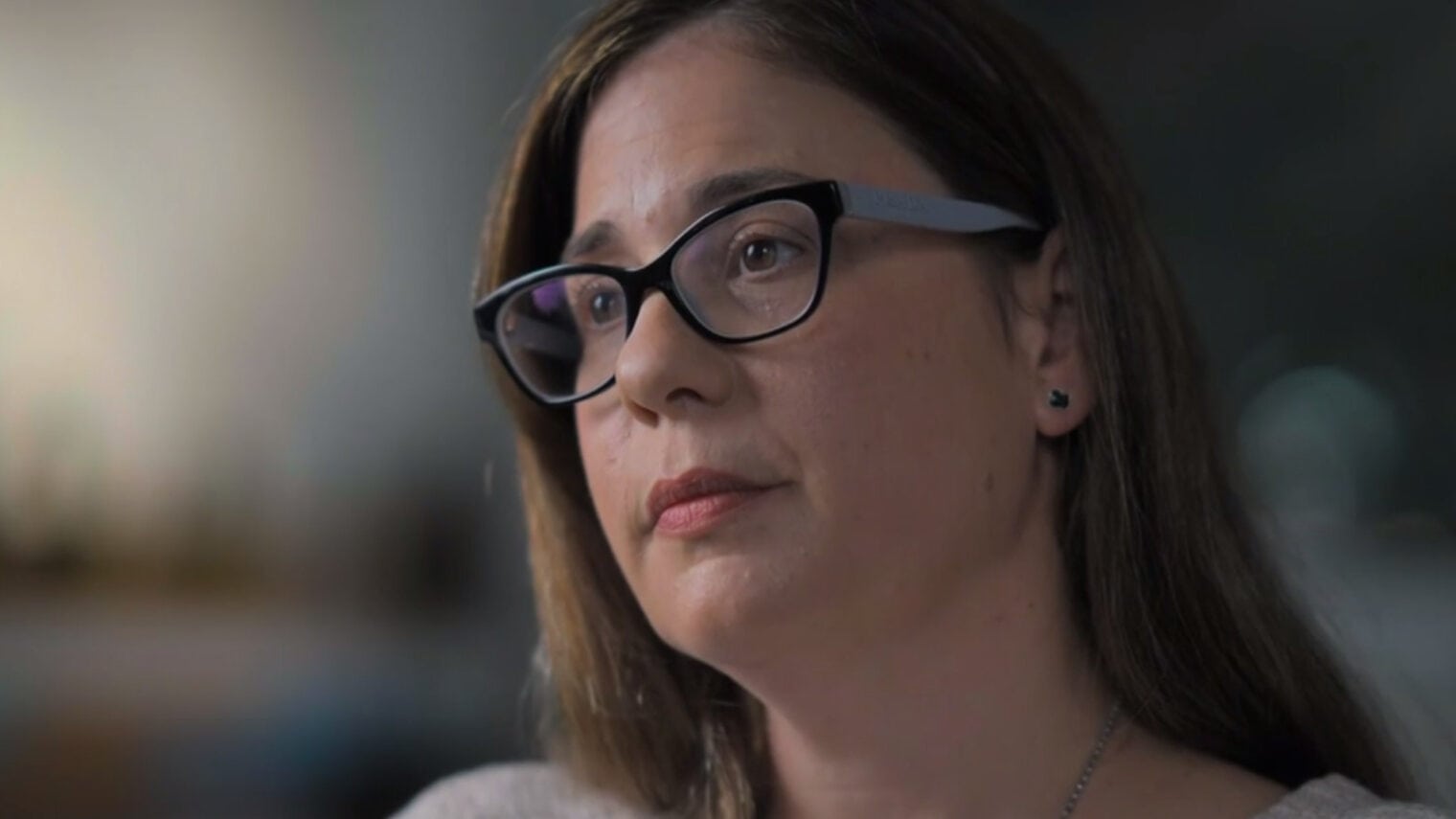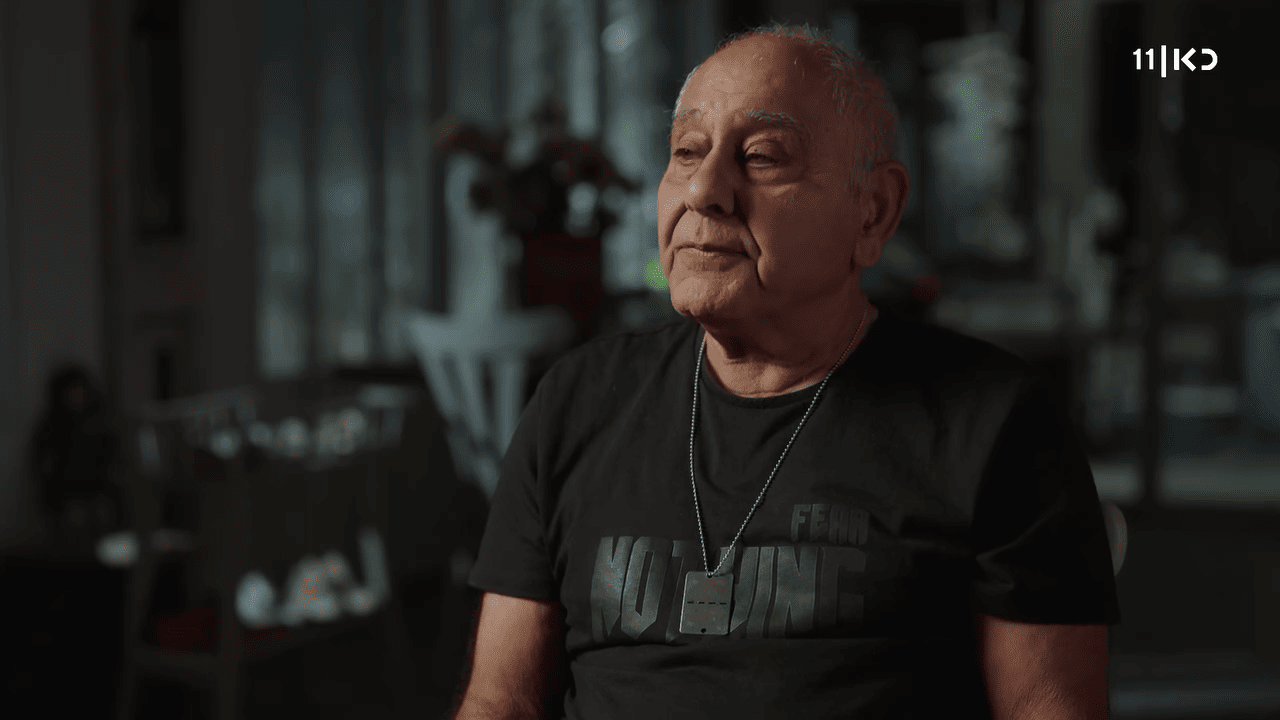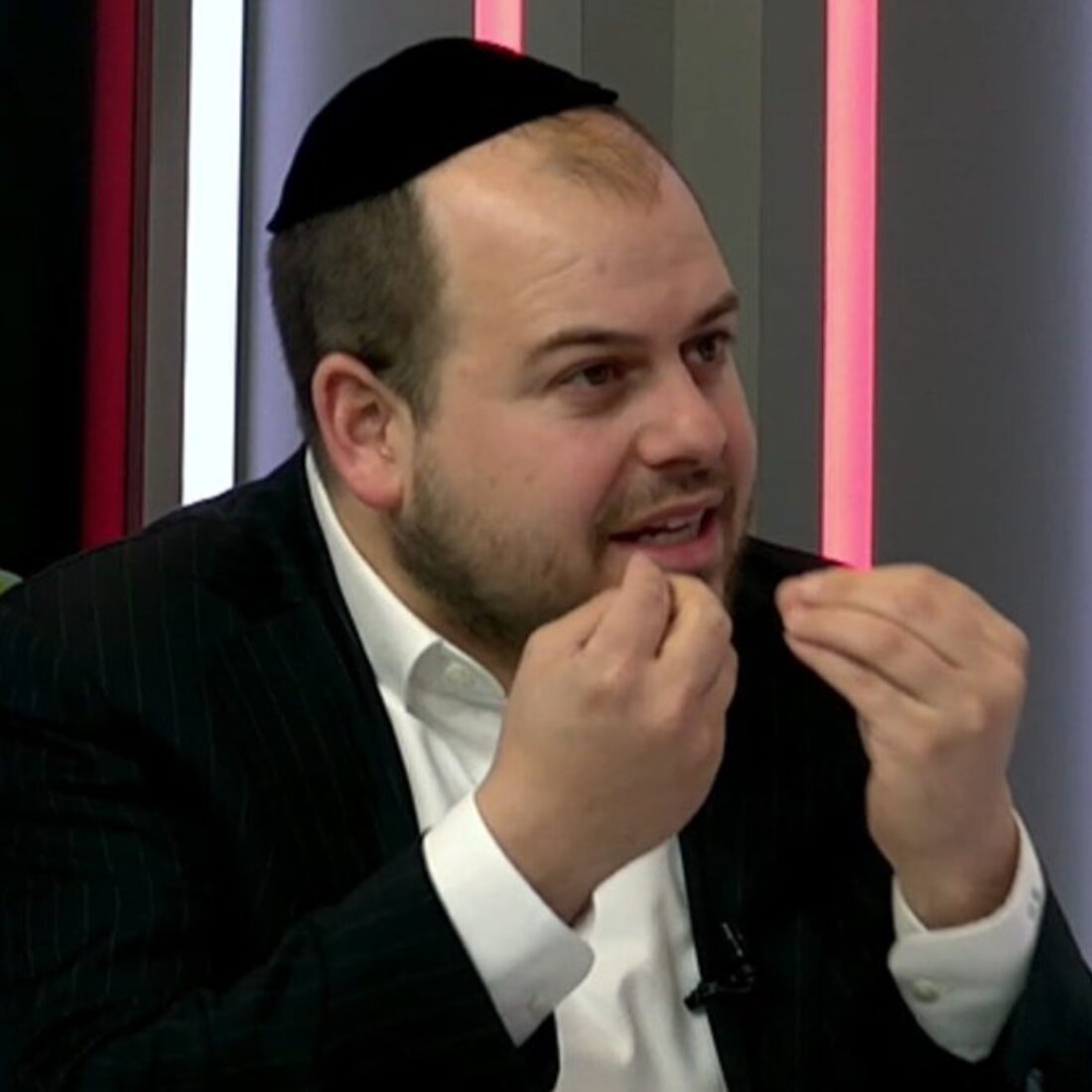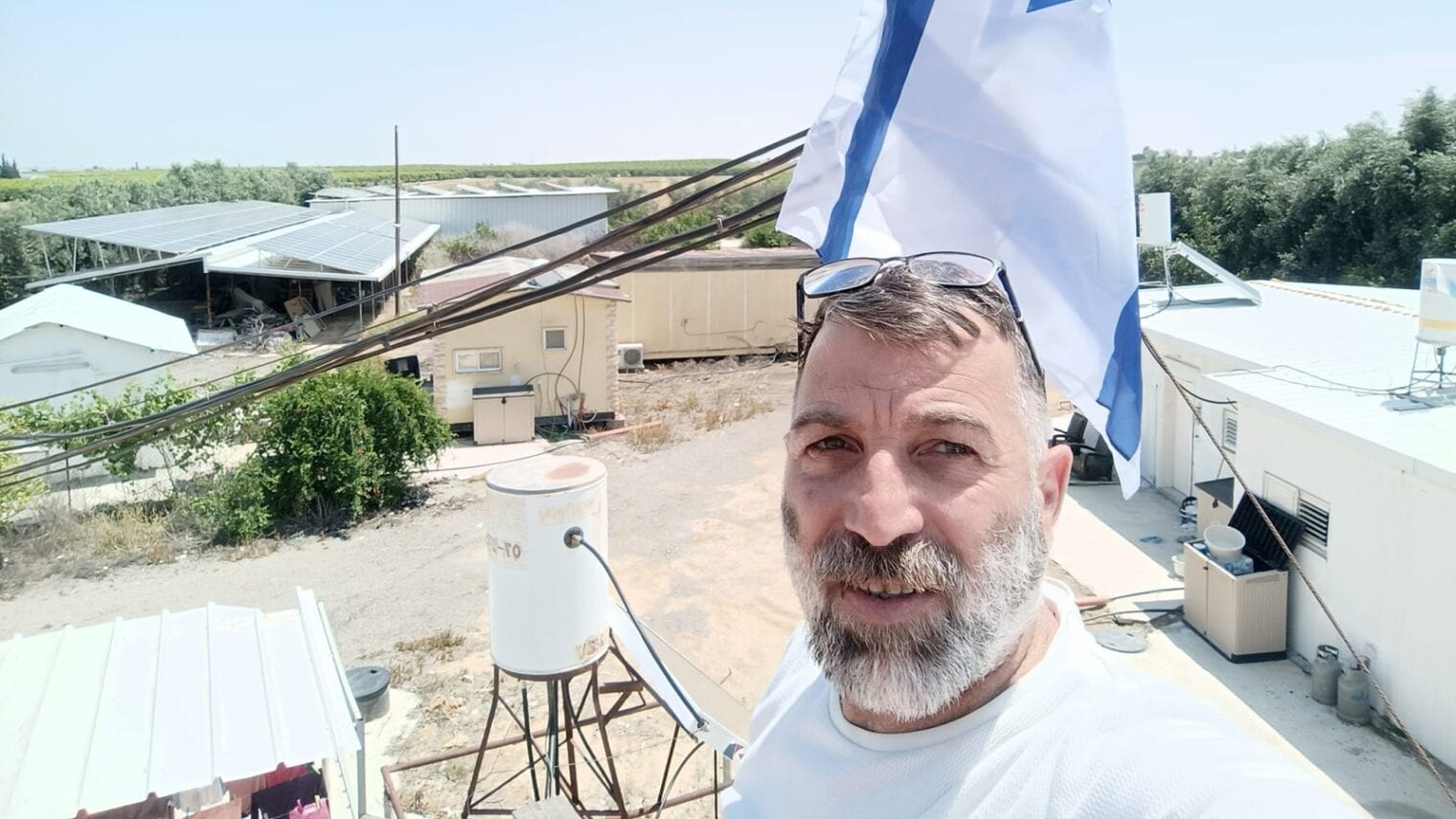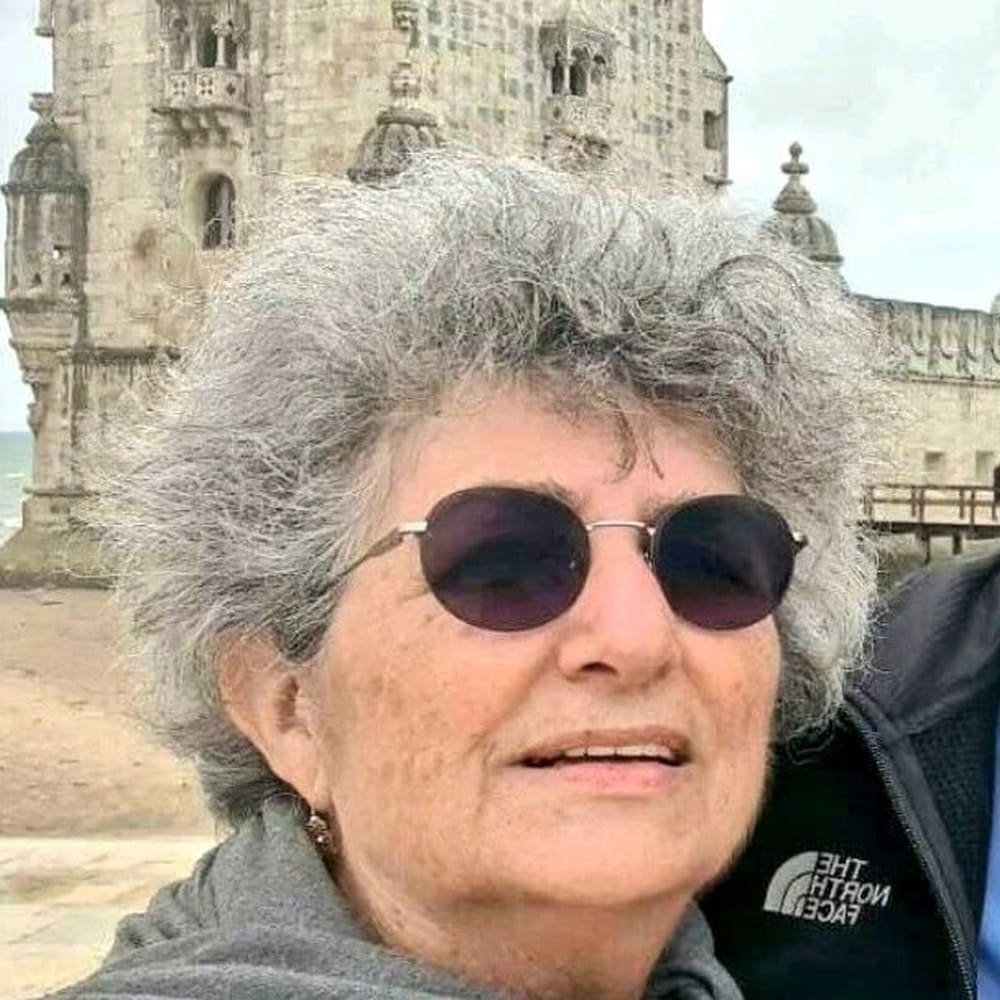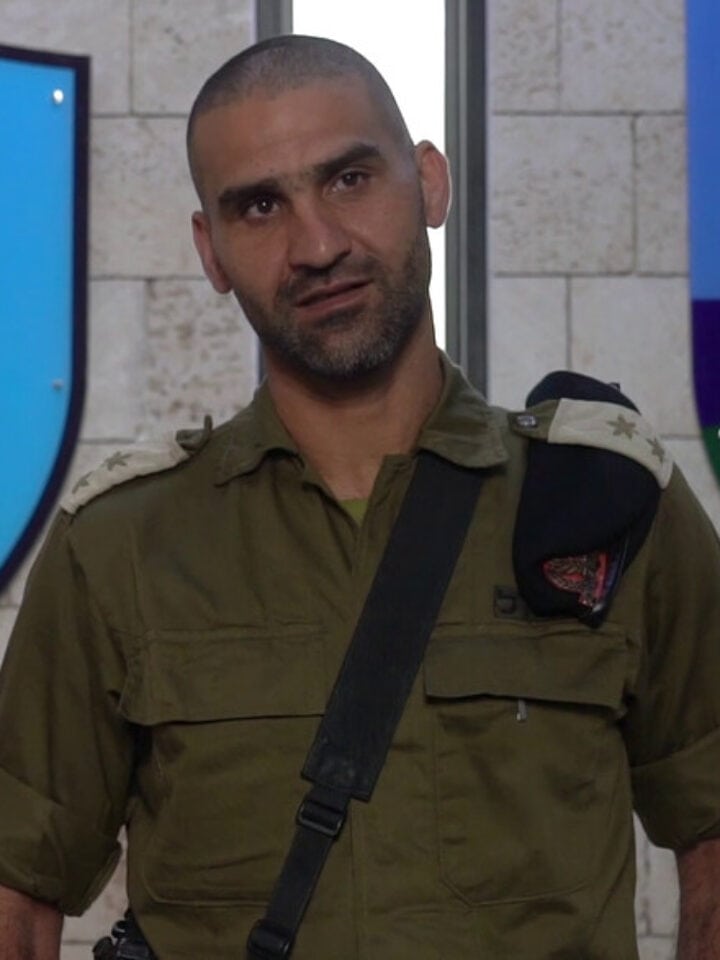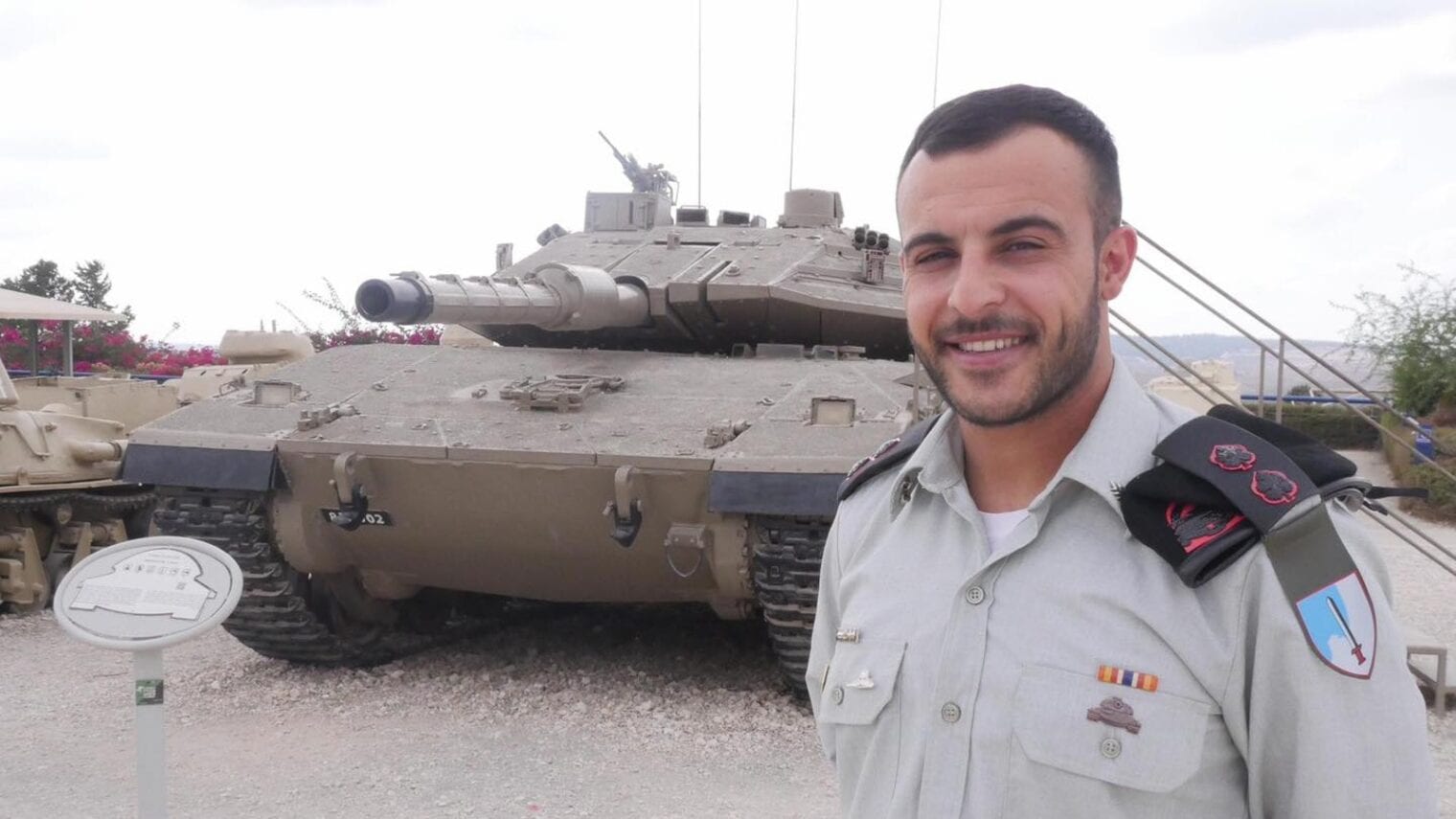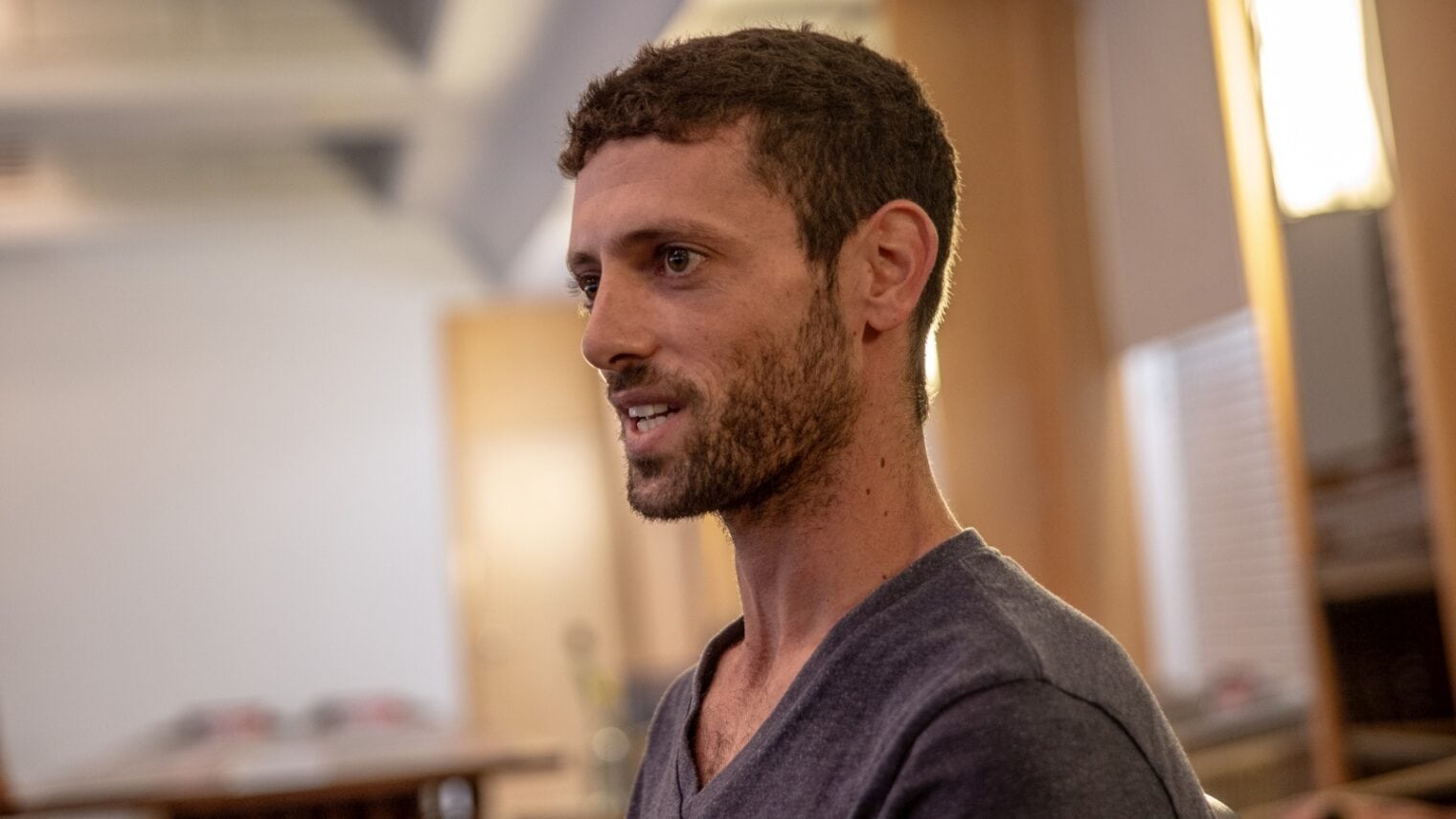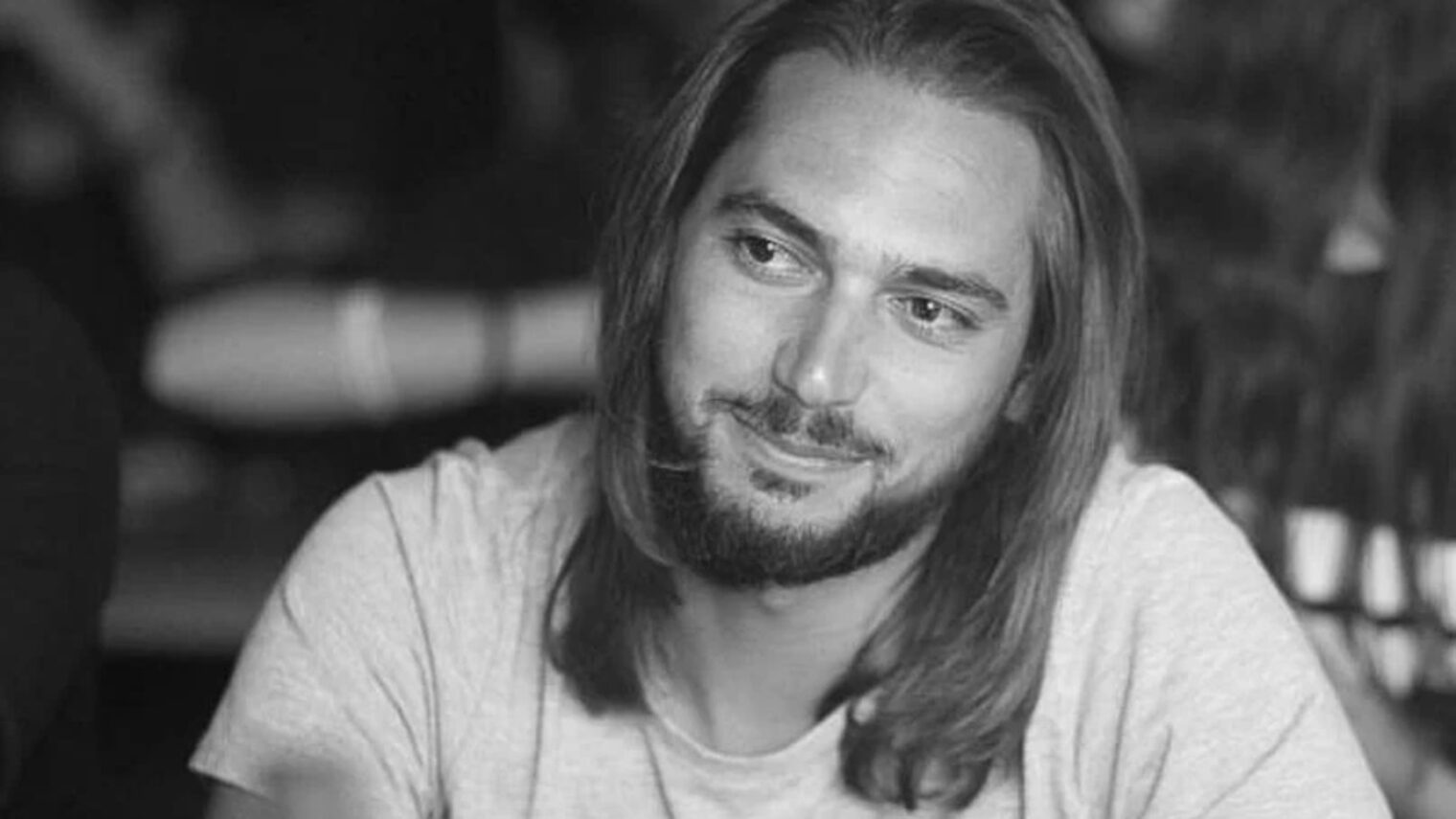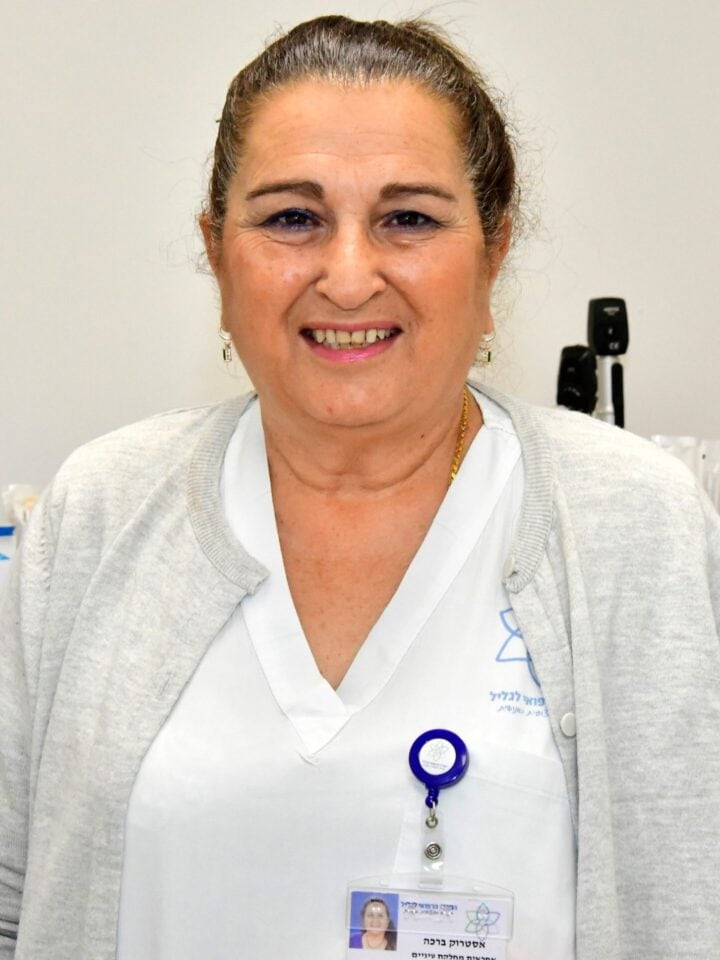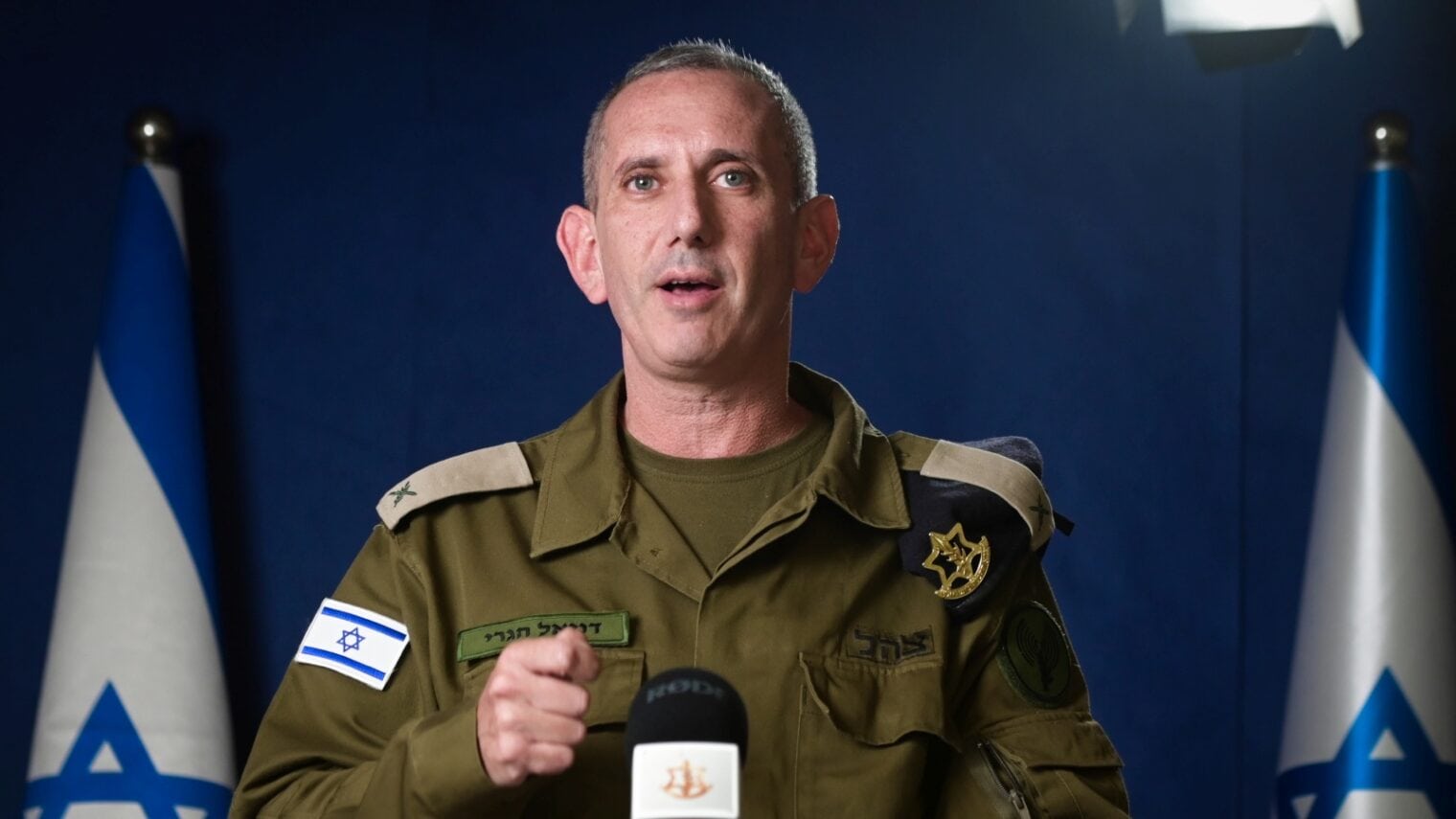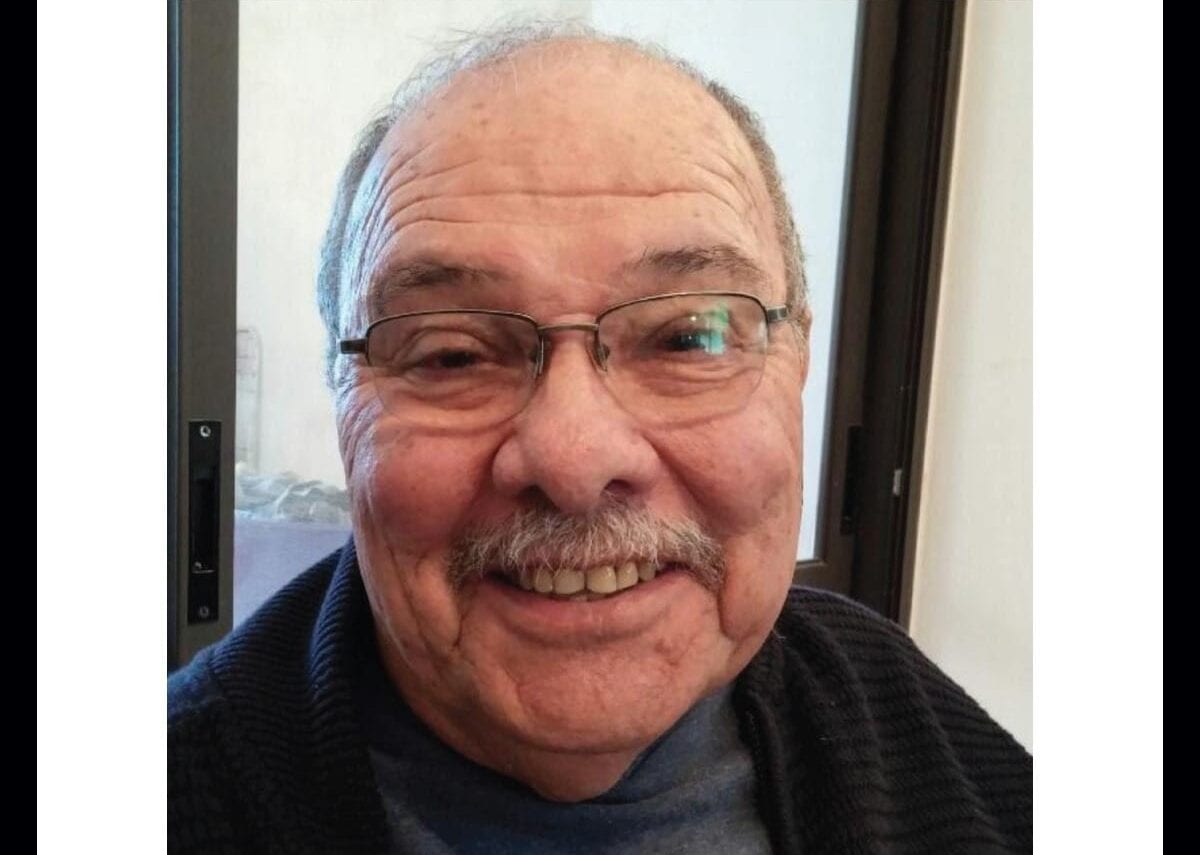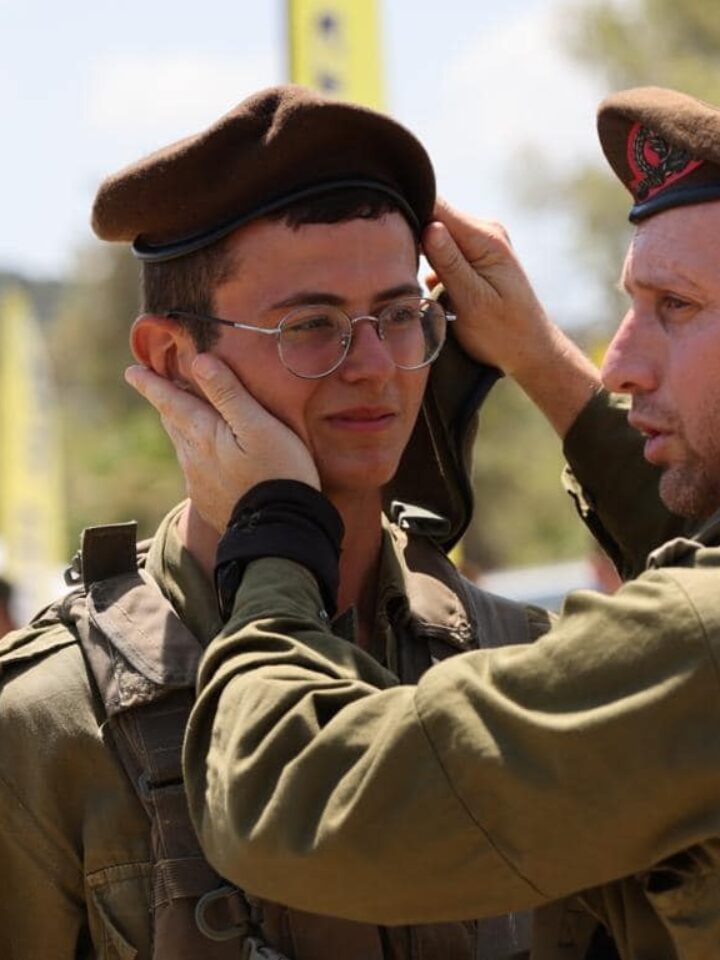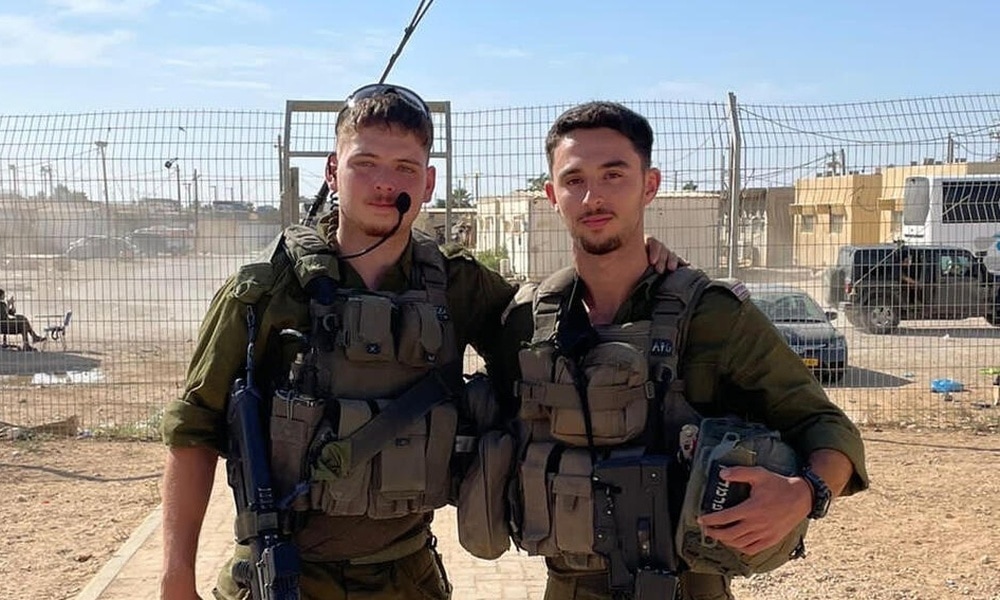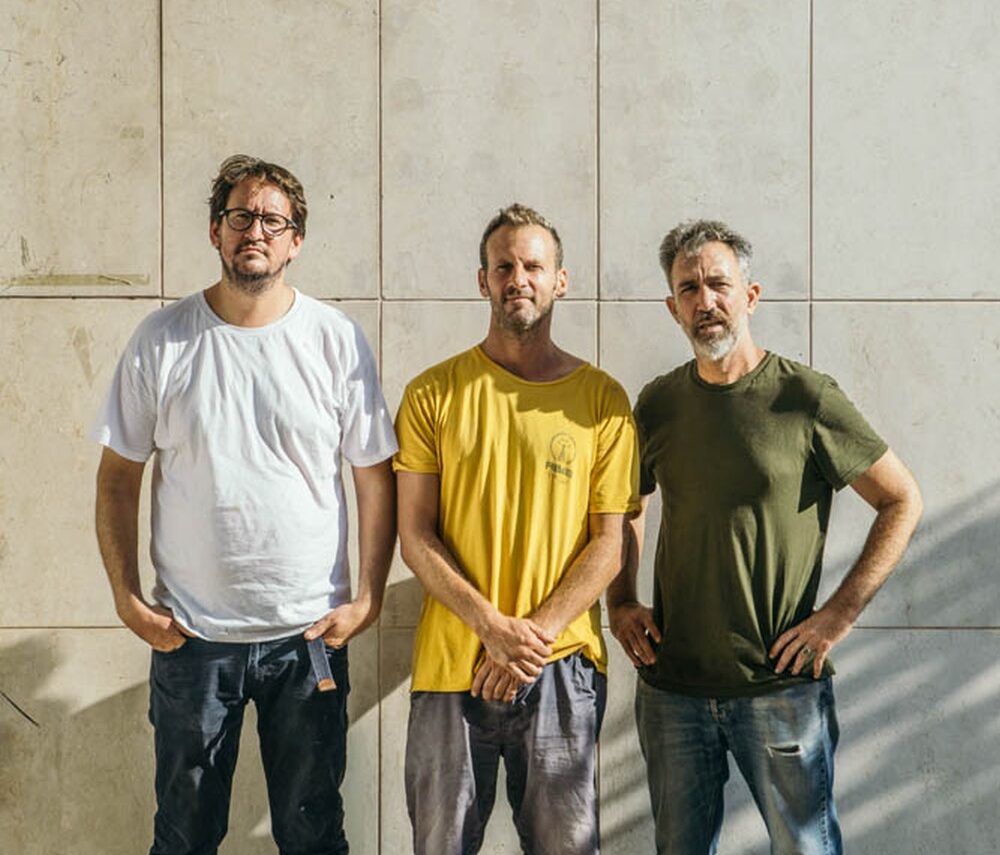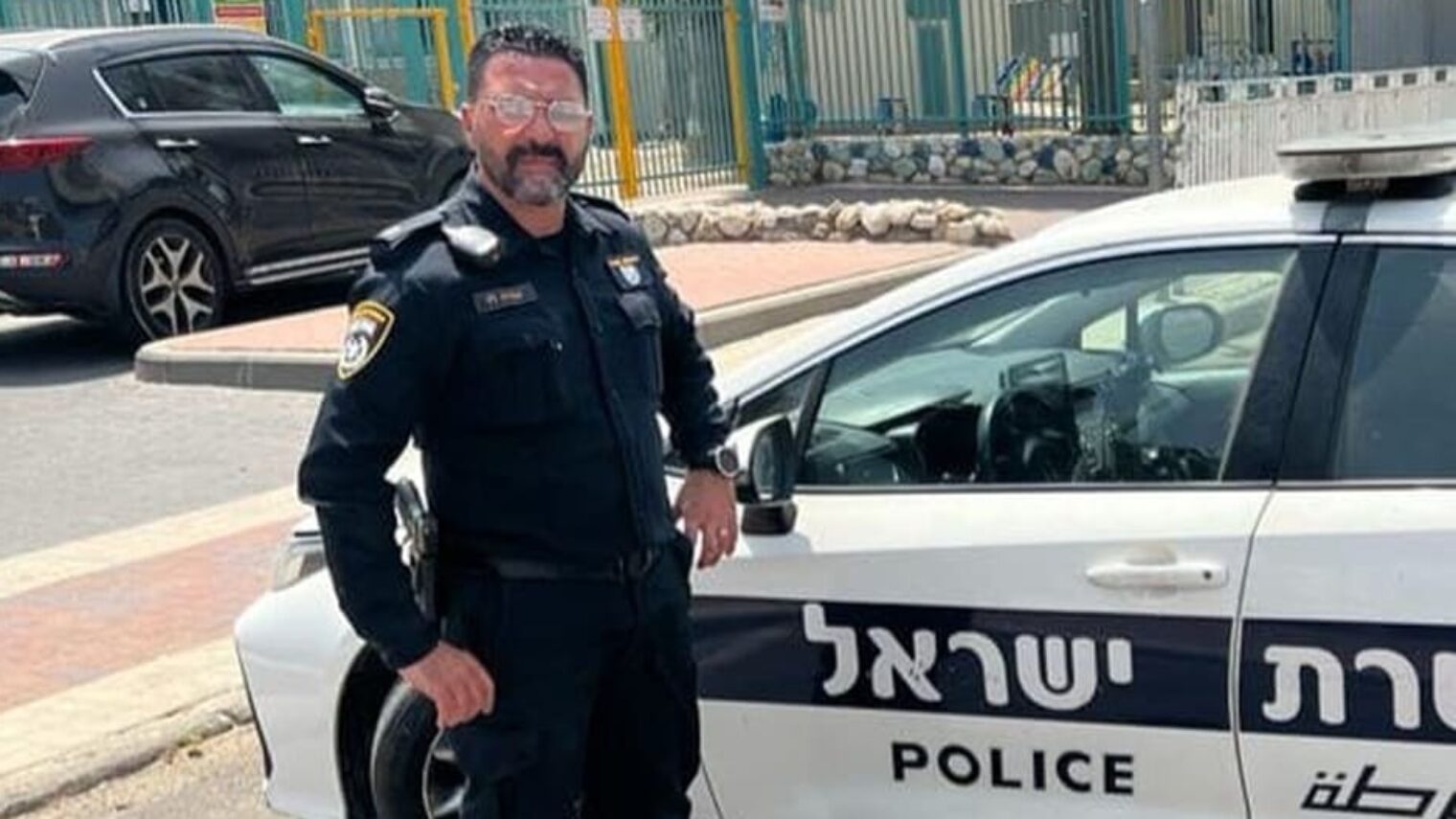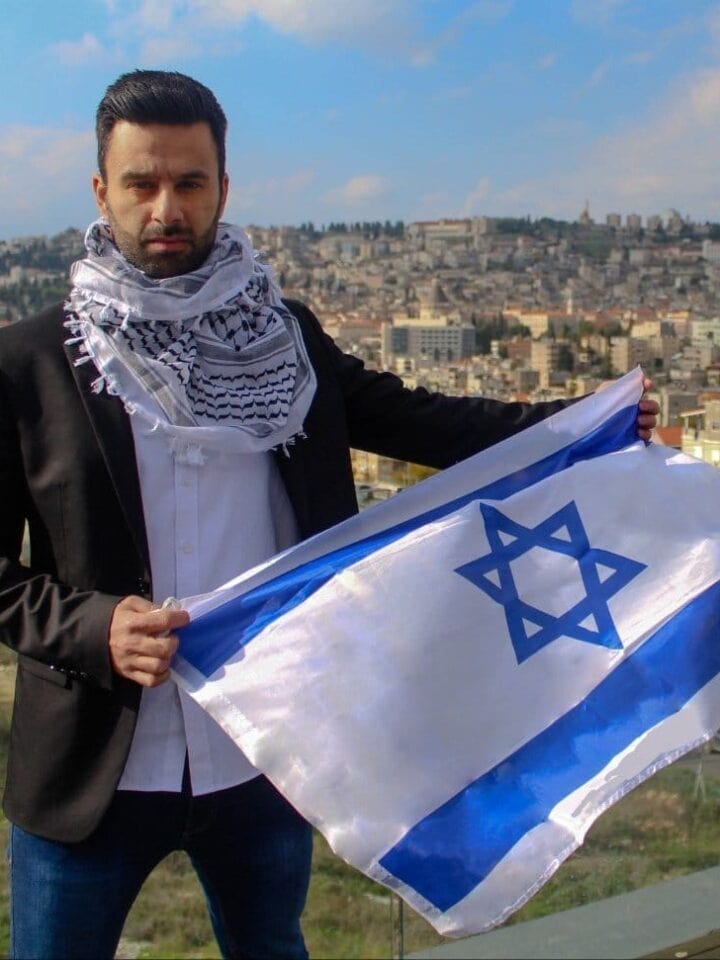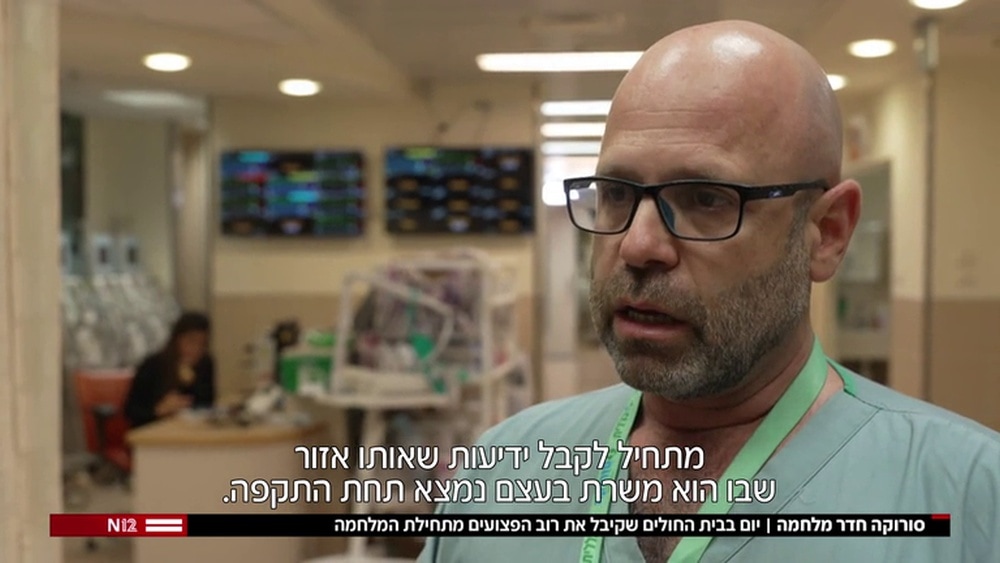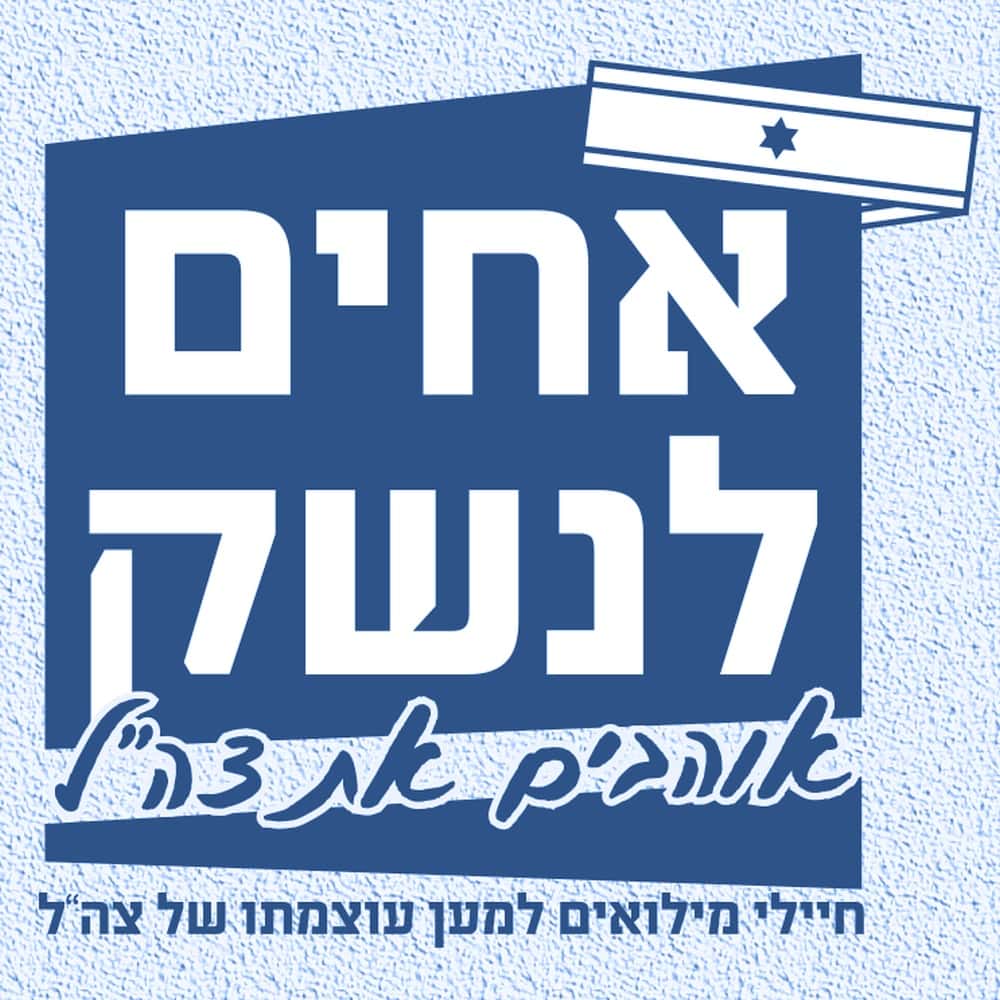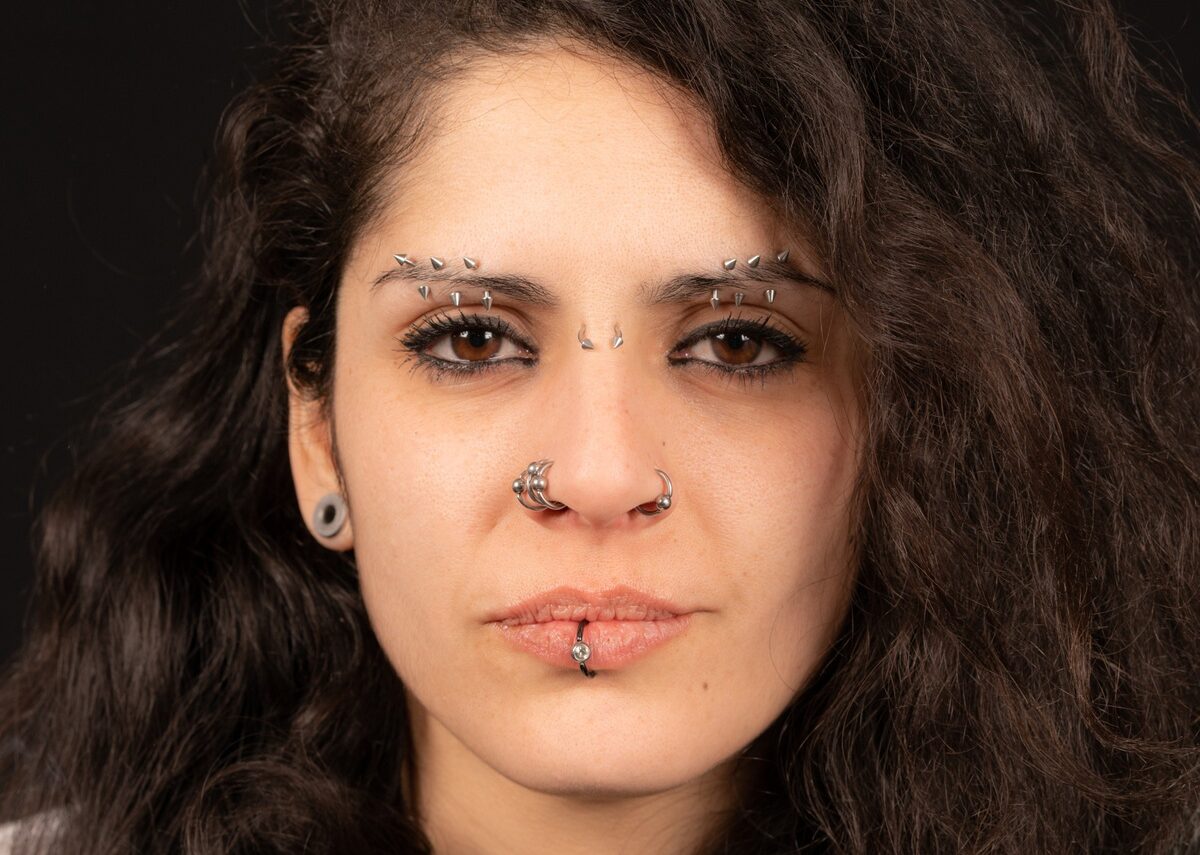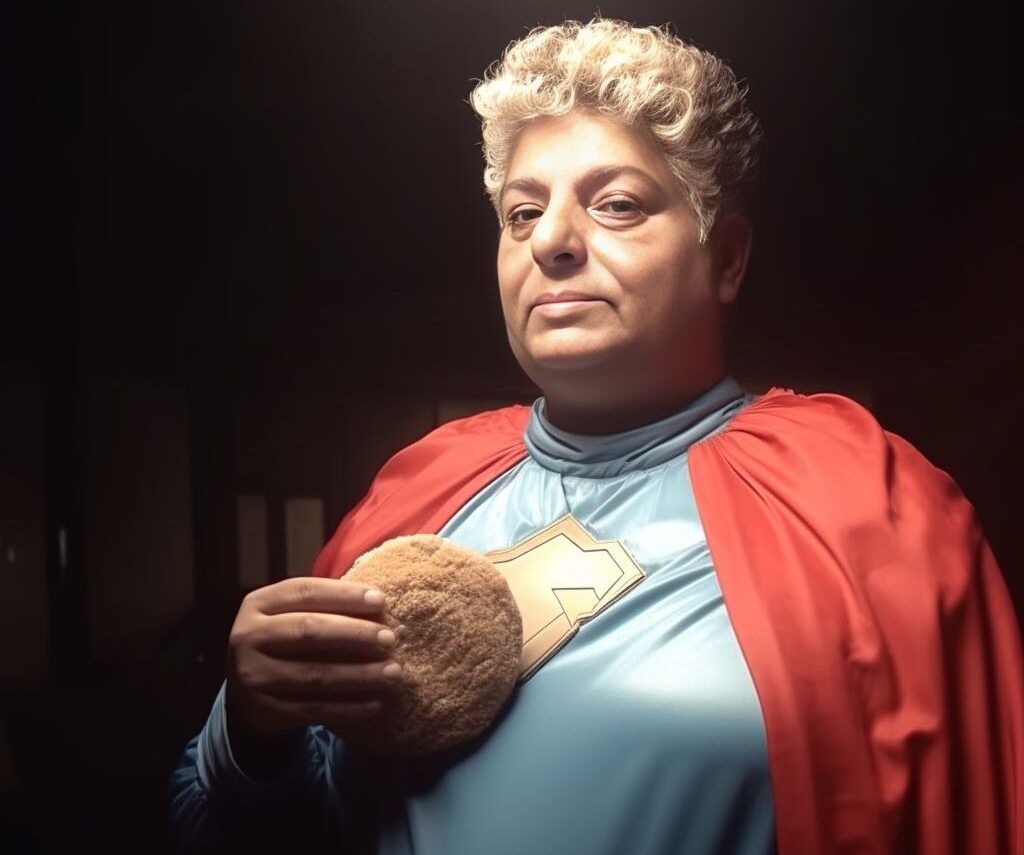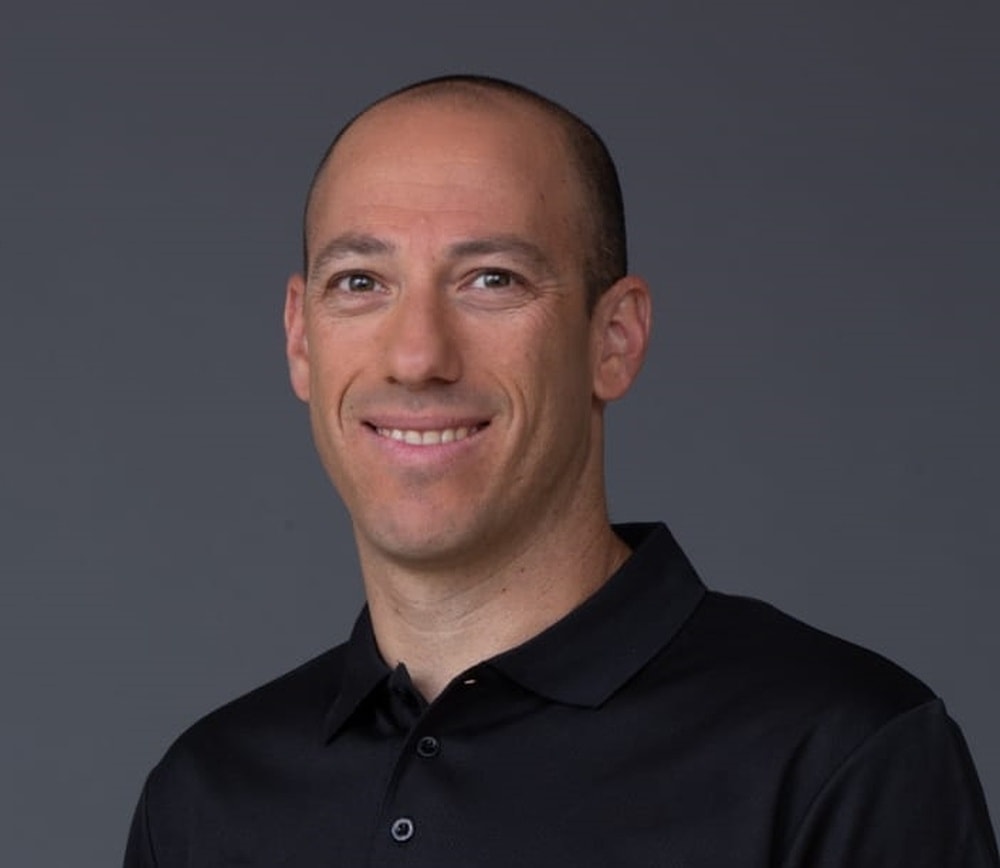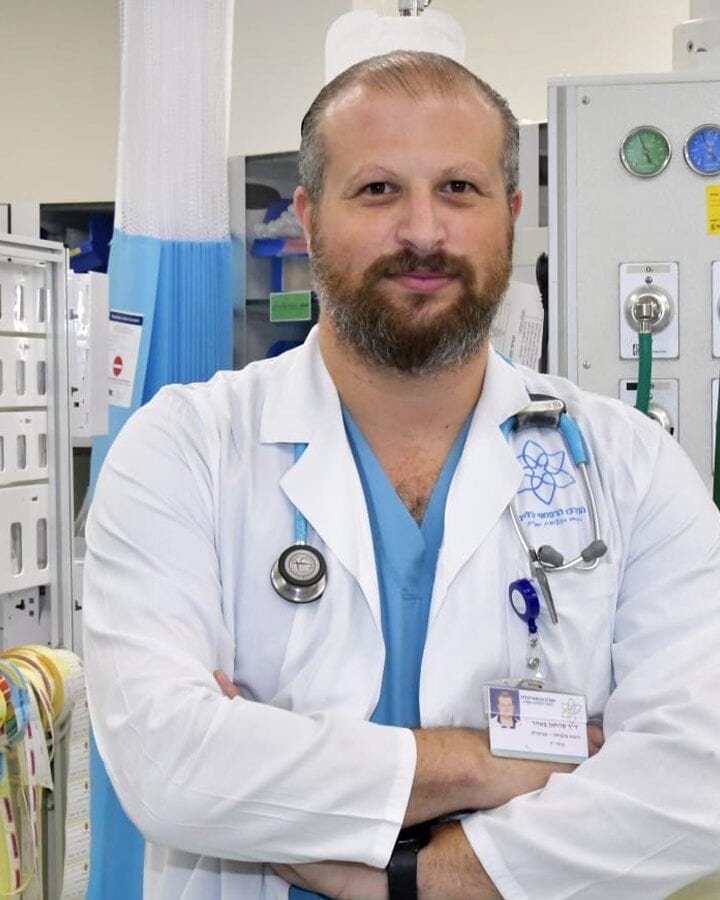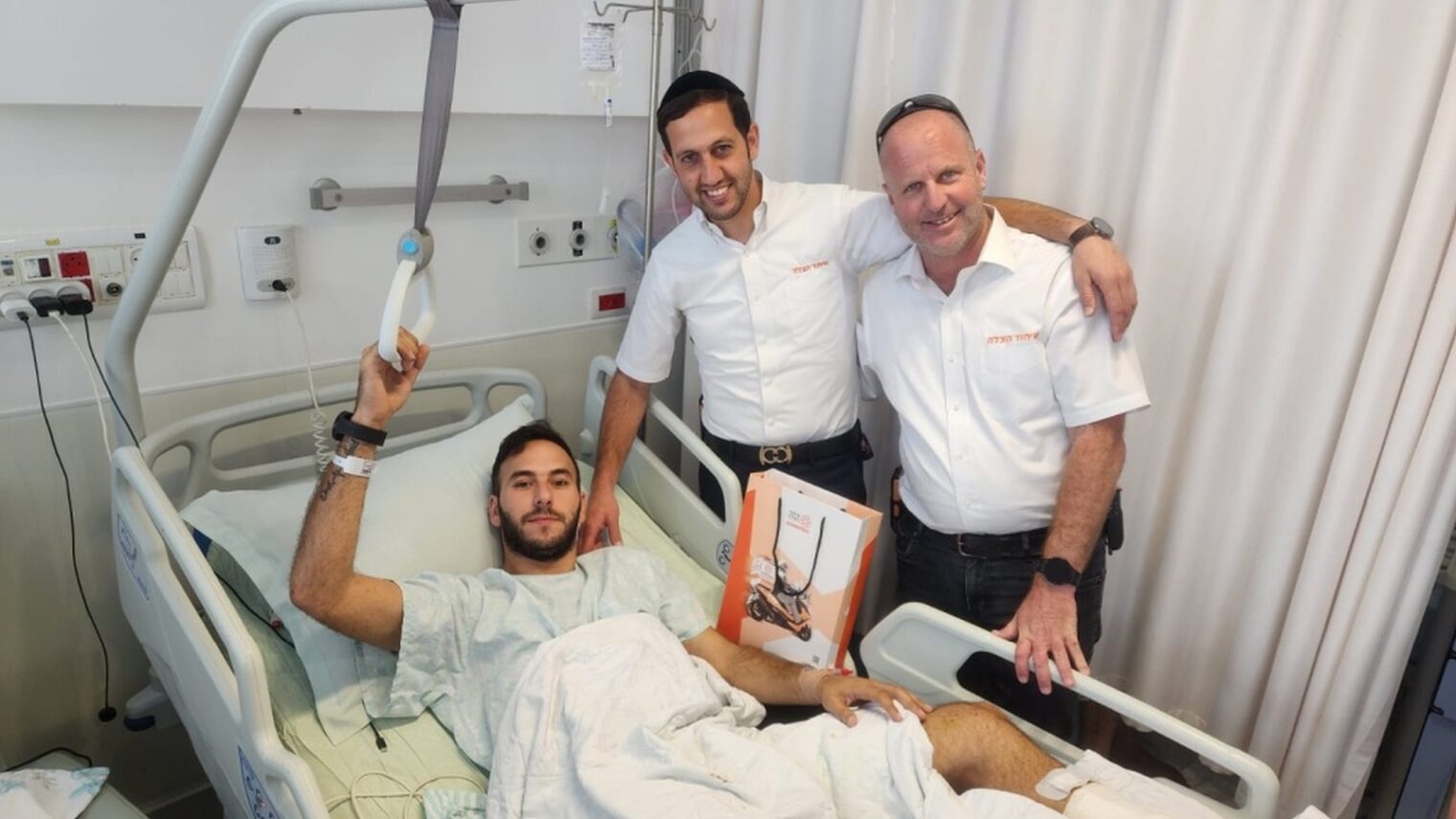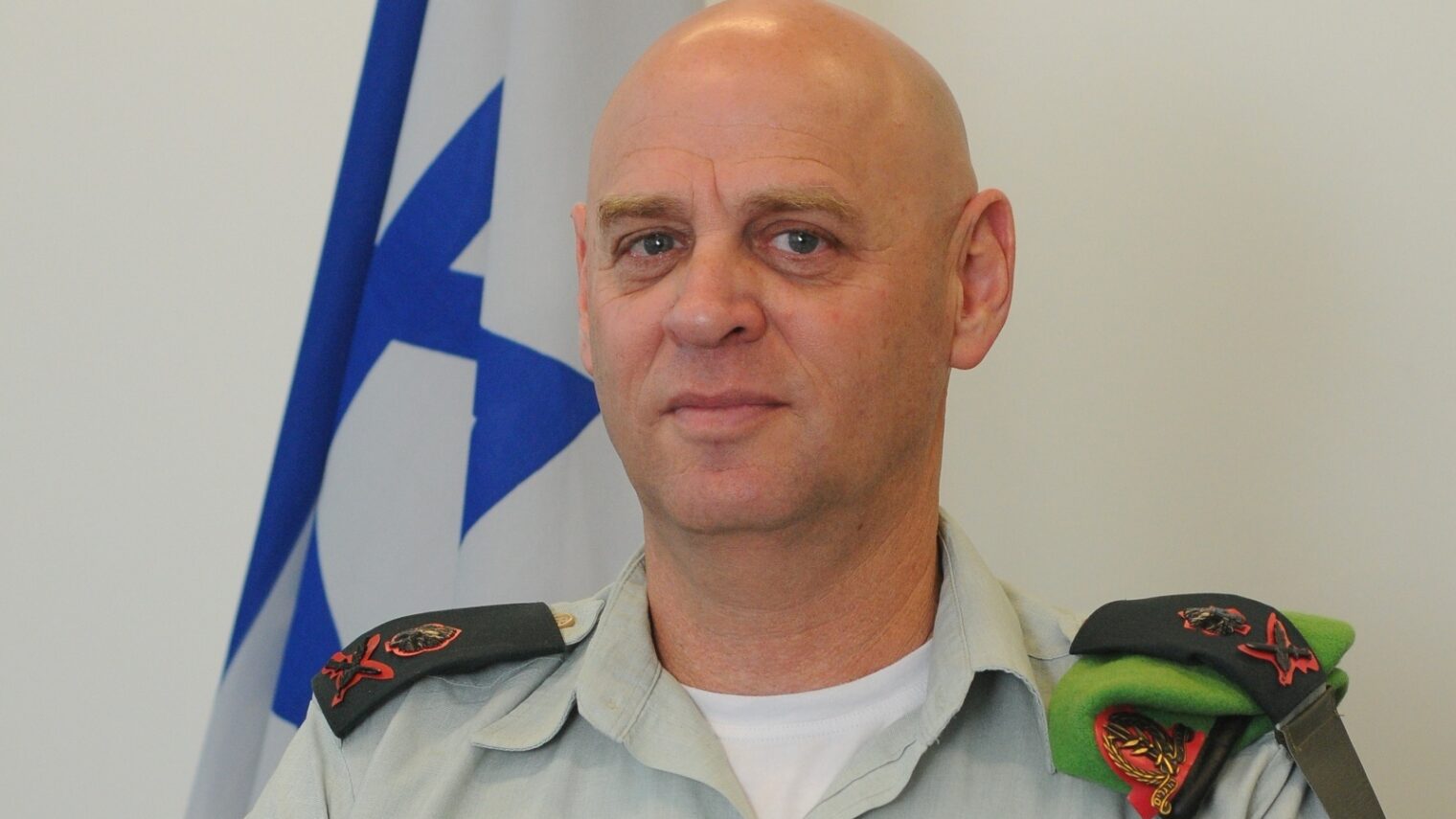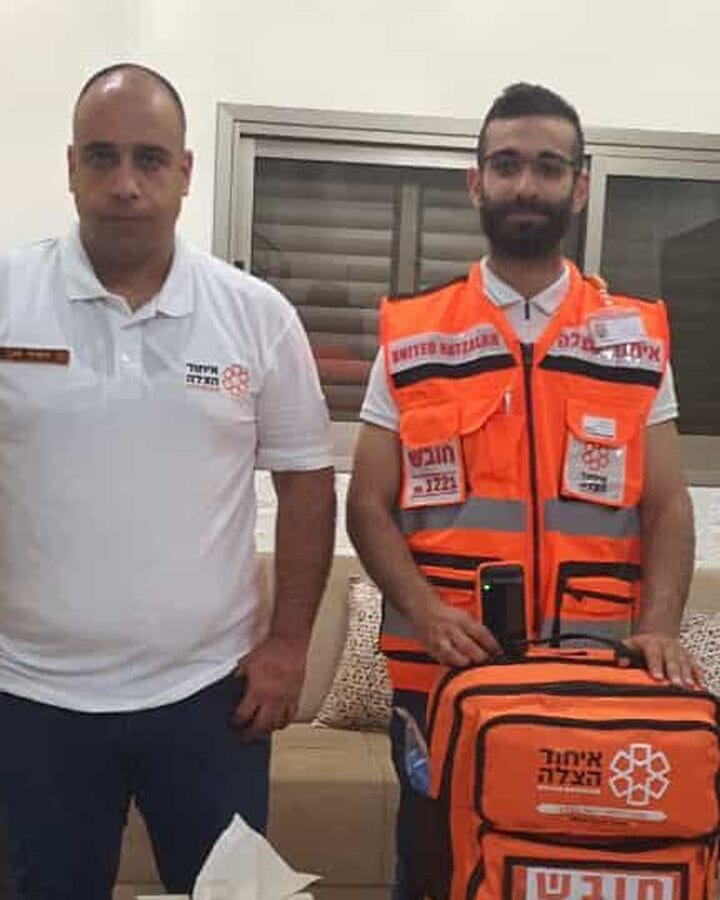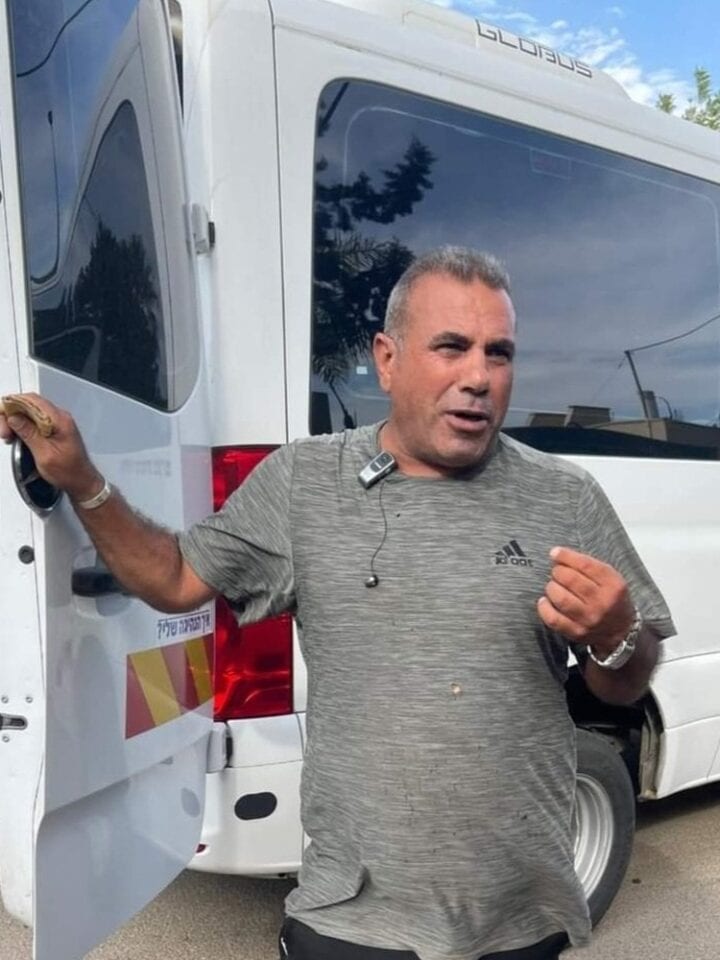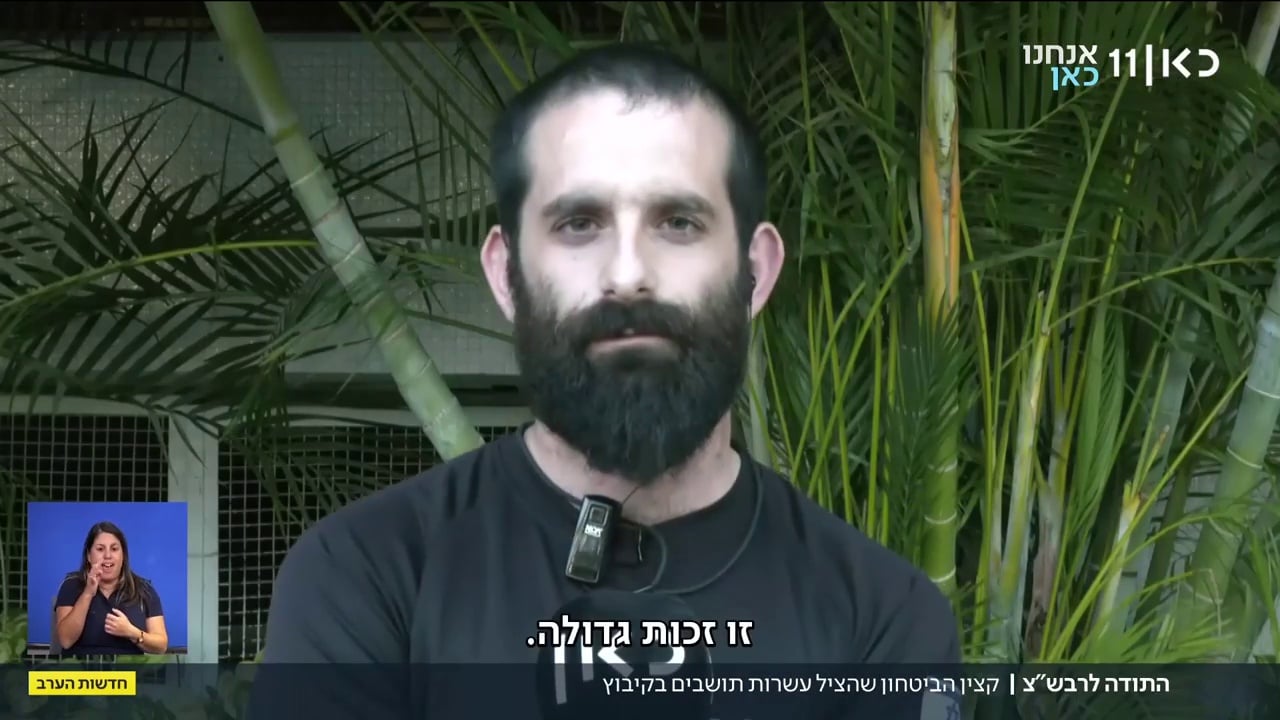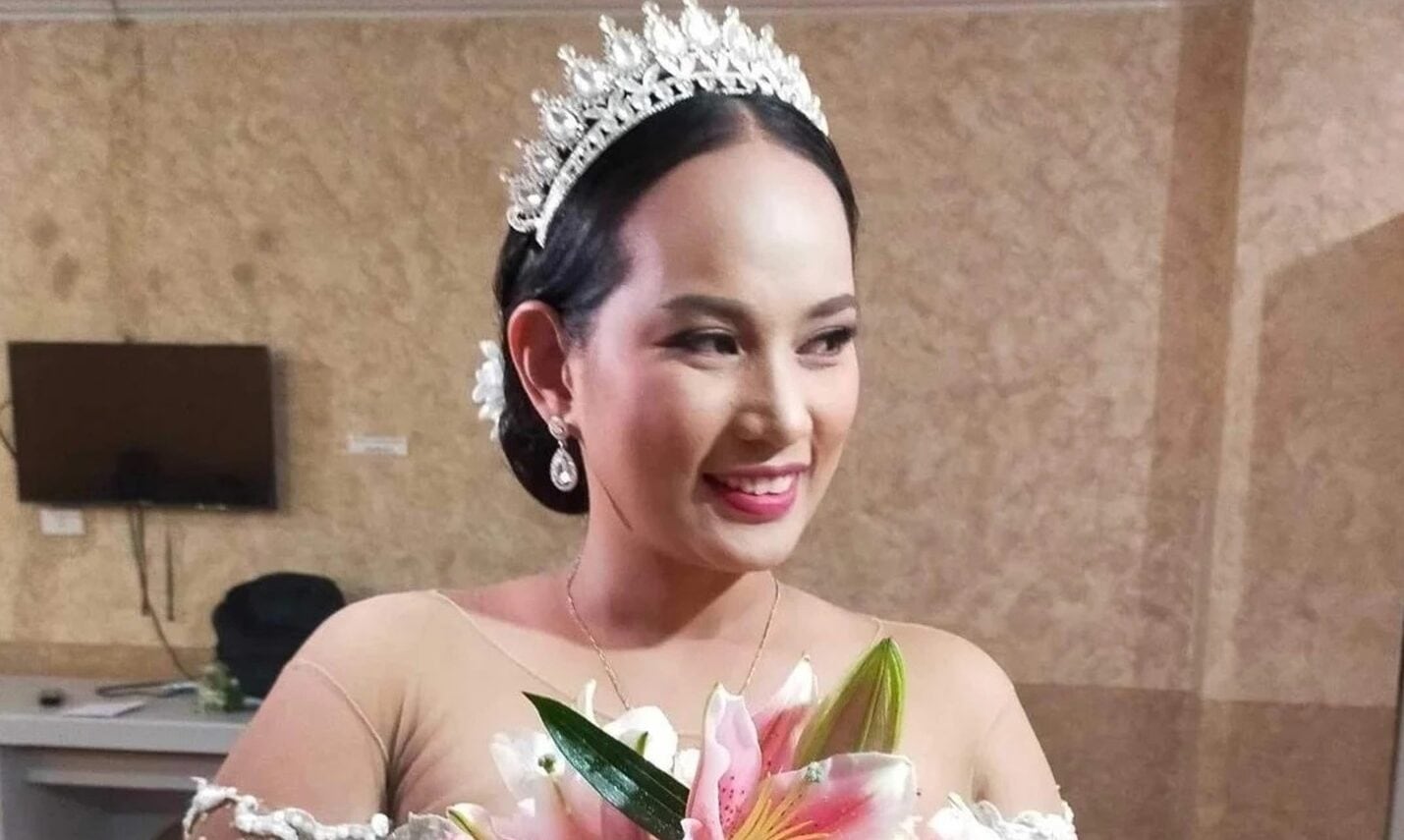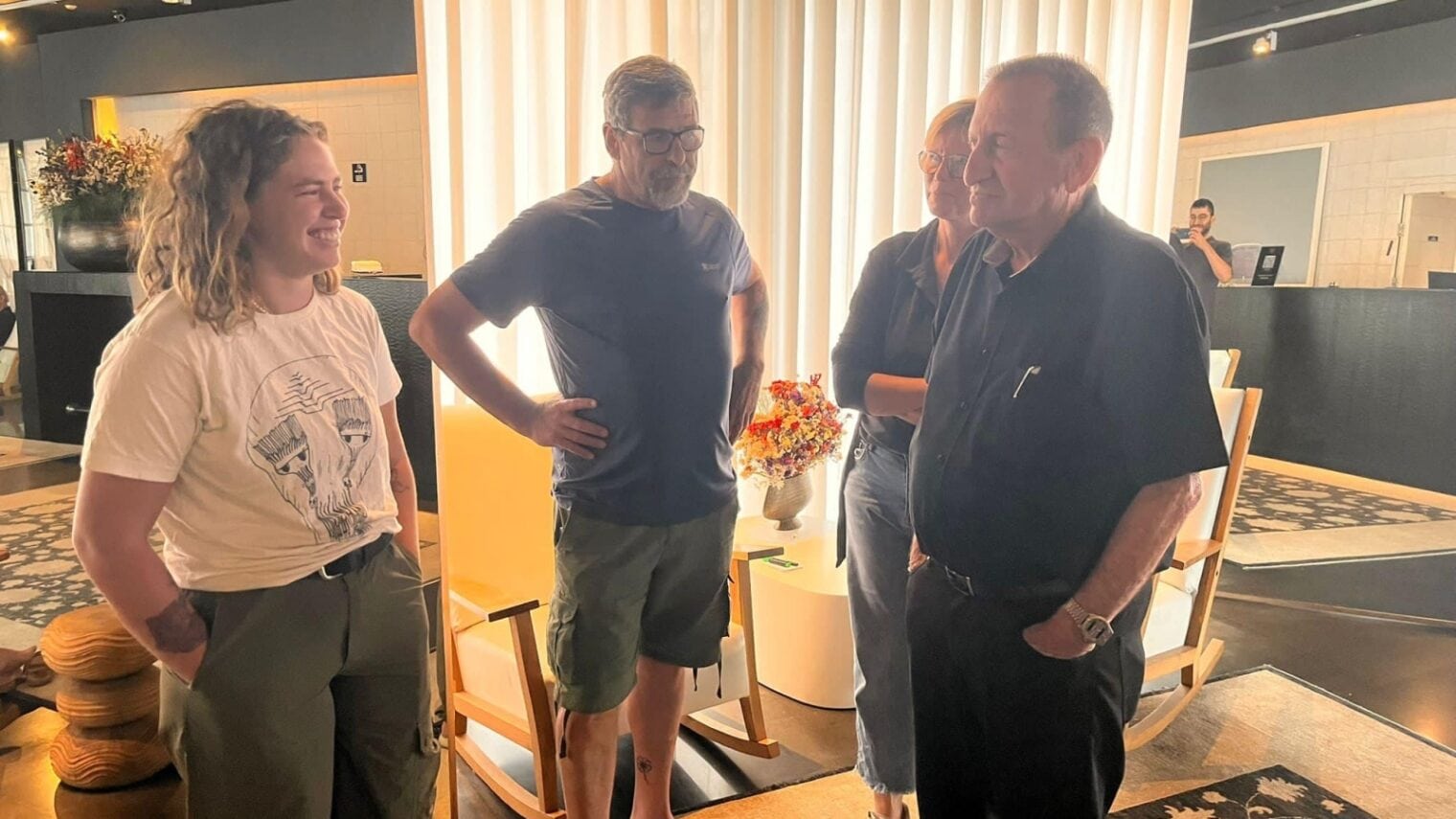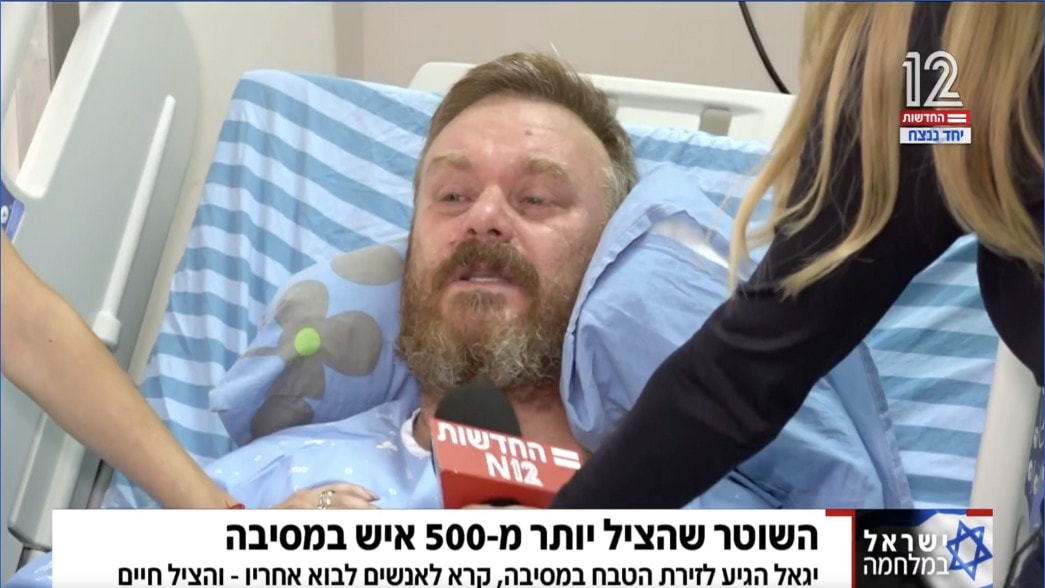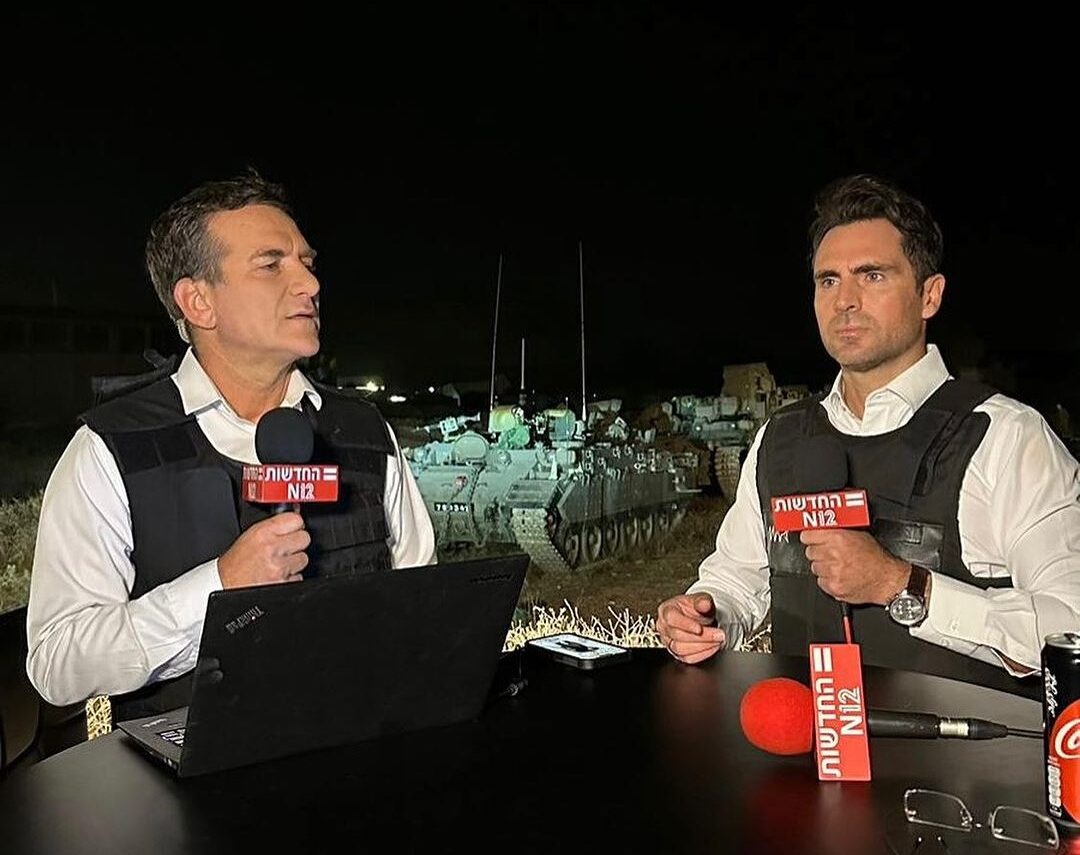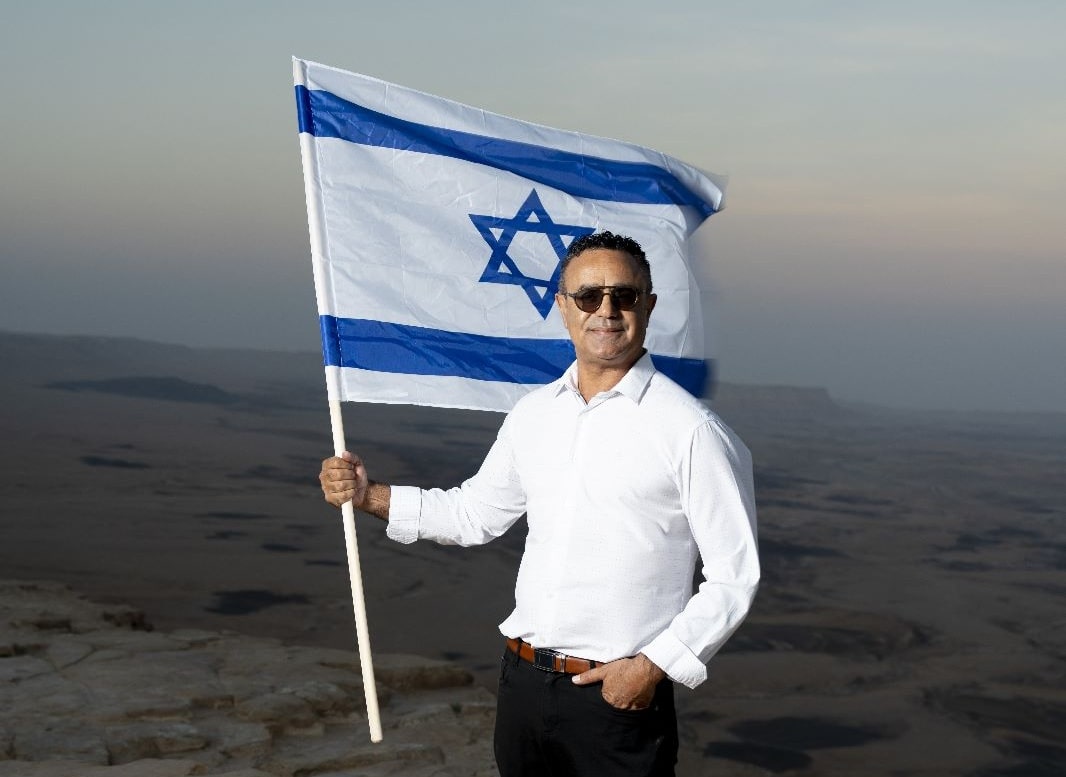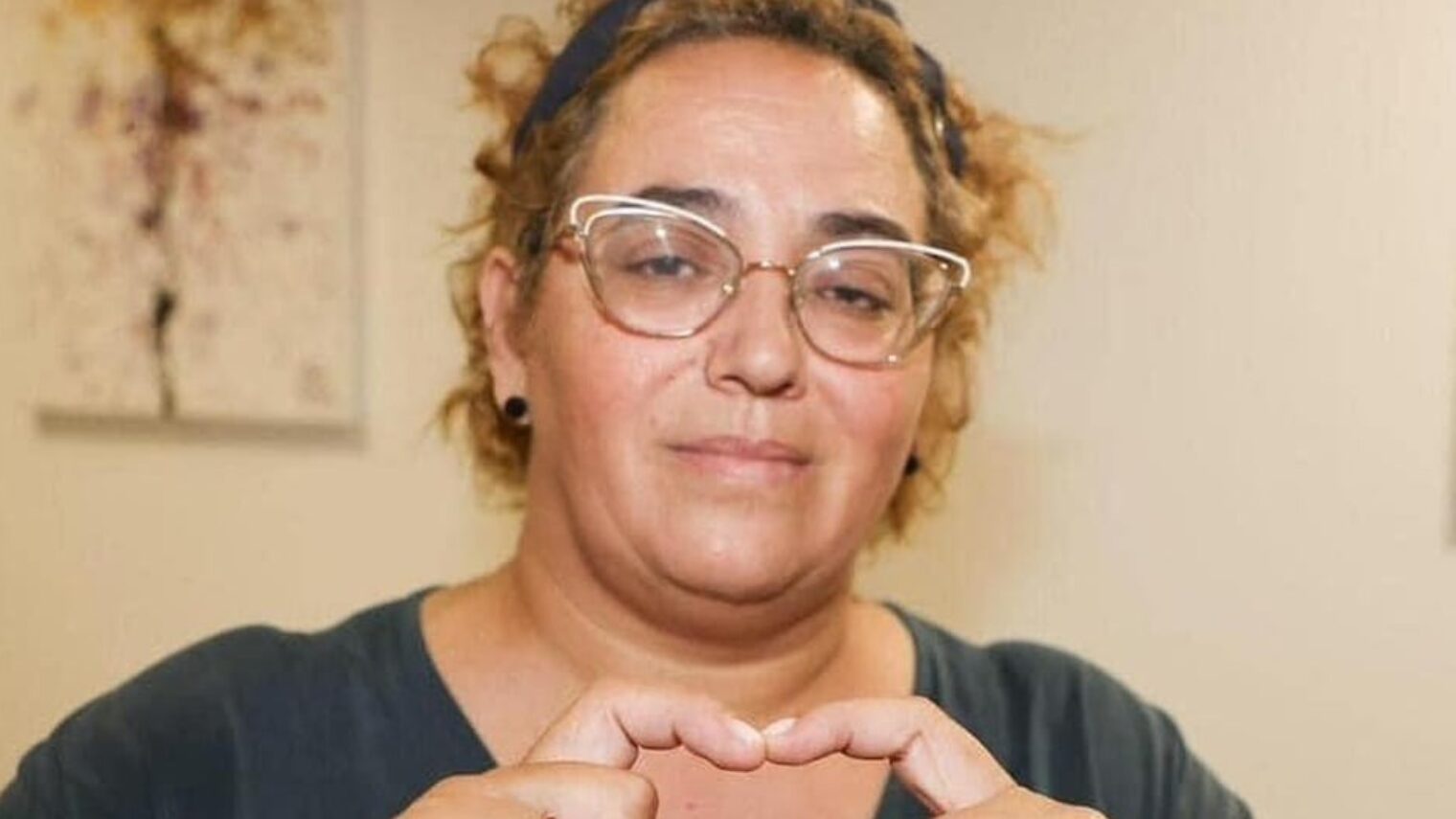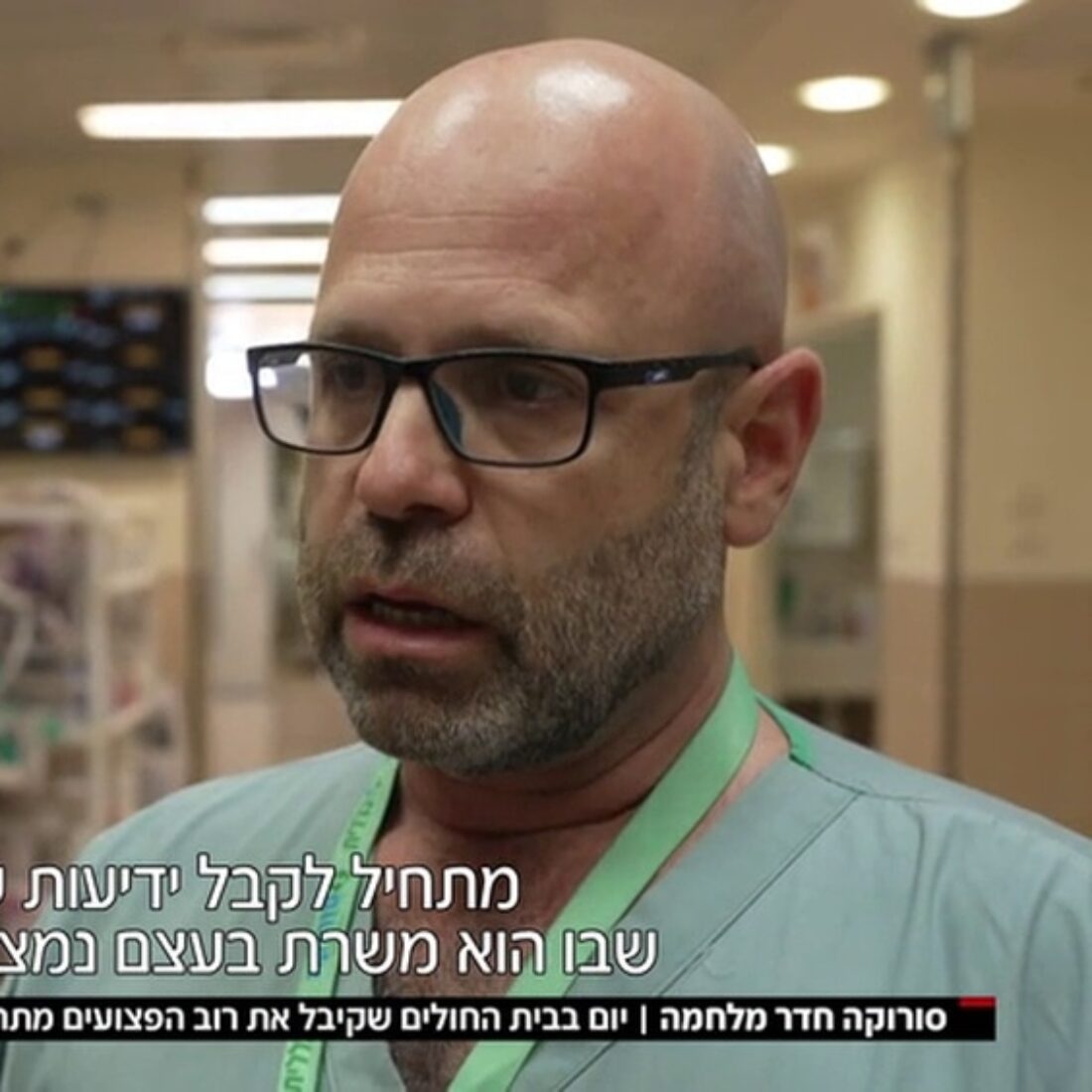On October 7, all of Israel’s systems were put to the test in the harshest of ways, including the medical one. At Soroka Medical Center in Beersheva, a medical team led by Dr. Amit Frenkel encountered extreme cases, in quantities they had never seen before.
Many of them had to deal with also having families and relatives of their own near or now in the Gaza Strip, as well as the southern settlements. But they kept treating the wounded and saving lives while the outside world was only beginning to realize the magnitude of the unfolding tragedy.
Over the course of the day, as about 600 wounded were admitted in a never-ending flow, Frenkel, Soroka’s multi-casualty incident manager, and his staff managed to perform an unprecedented number of surgeries.
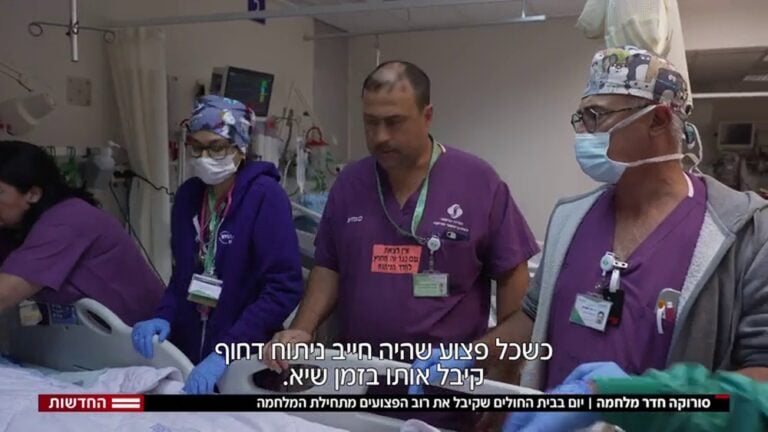
He arrived at the hospital early that morning, as soon as Hamas’ initial bombing began, signifying the attack that turned into full-on war. Talking to Channel 12 News, he admitted that all the while he was also worried about his eldest son Uria, who serves in the IDF:
“At first I just kept trying to reach him, but he didn’t pick up the phone. And then I started hearing that the location he is in is being attacked.”
Later, while treating trauma patients, Frenkel finally heard from his son. “I saw this unknown number and I picked up and it was his voice. I choked,” he recalls.
In multi-casualty events, numbers are used to identify patients instead of names for various reasons. Frenkel explains that sometimes people have mistakenly sat by someone they thought was their loved one for up to 48 hours, because the patient was in such unrecognizable condition.
“At some point a patient’s sister came, who was held hostage at one of the settlements, and told her parents who were waiting next to someone, that they mistook this person for their son,” he told Channel 12. The family later realized their son was, in fact, murdered.
During those fateful hours, Frenkel and the entire staff kept performing urgent surgeries, one after the other, in record-breaking time.
“In all the chaos, Dr. Itay Ne’eman, a colleague and dear friend of mine for over 20 years, told me he got a Tzav 8 [callup notice], that he’s being summoned to serve,” Frenkel said.
When Frenkel and his team later learned that Ne’eman lost his life that day in battle, they did not have the privilege to even stop and mourn the death of their colleague.




